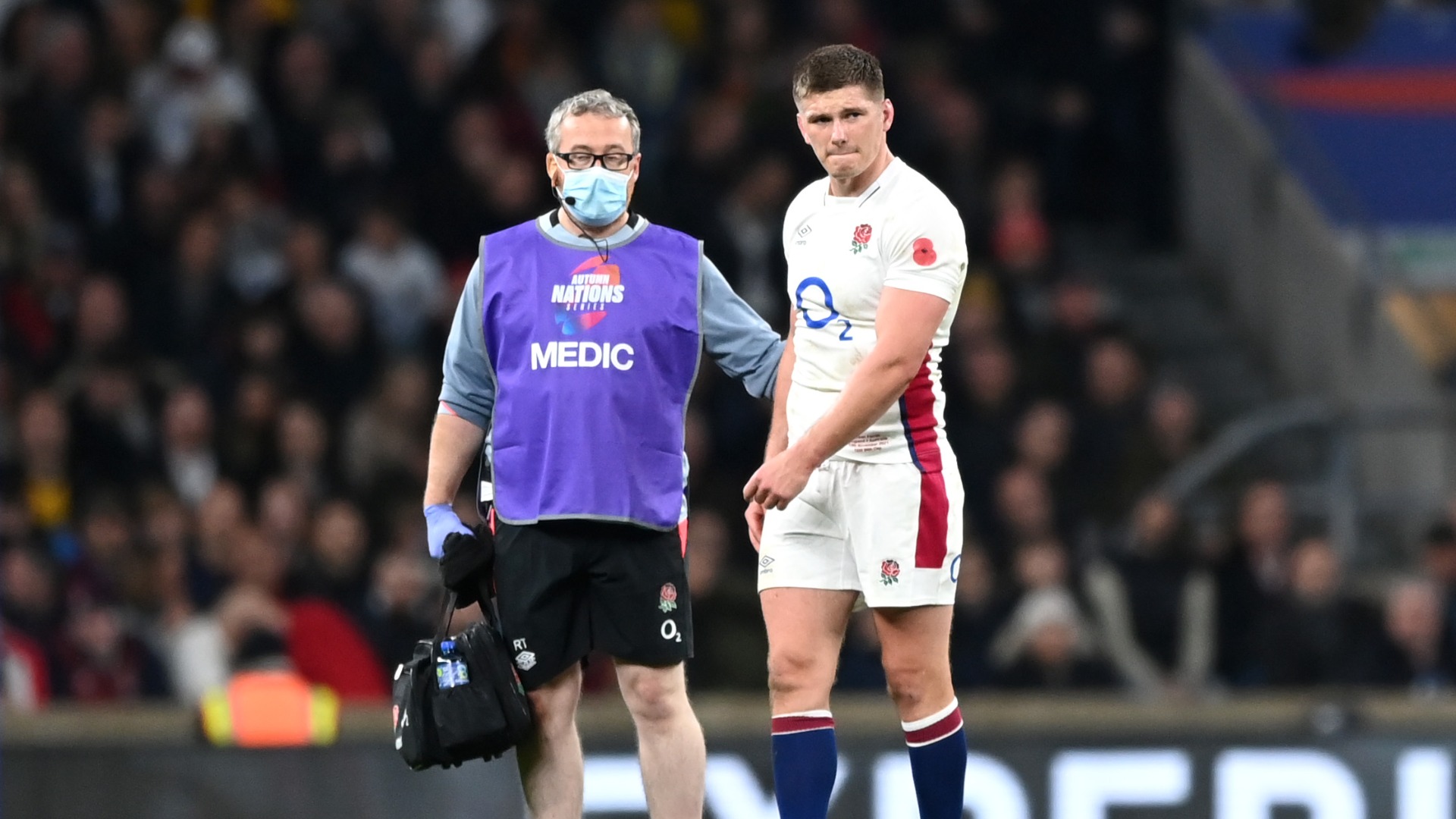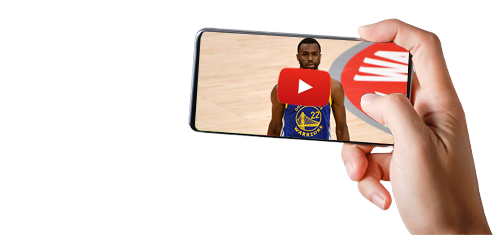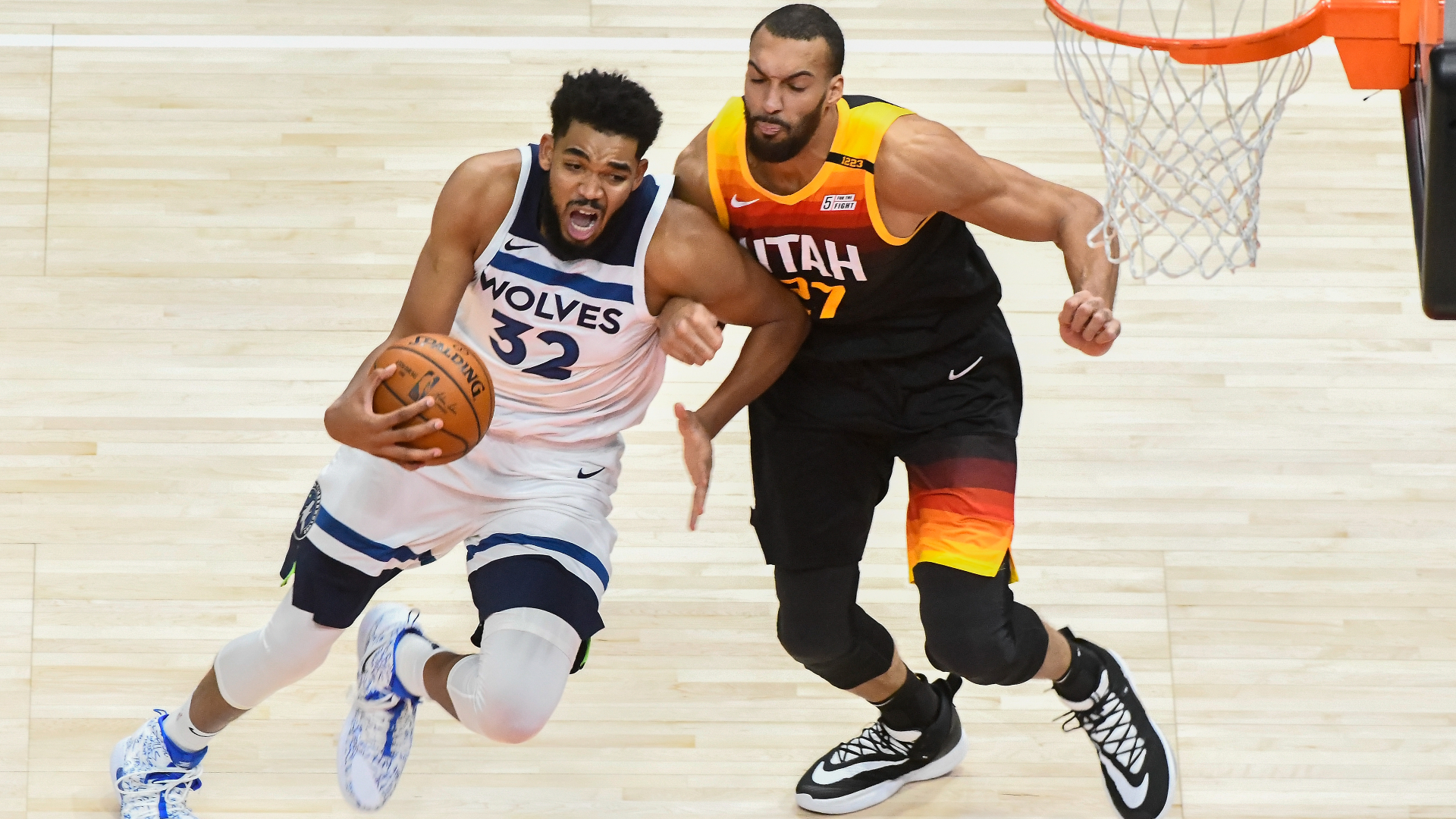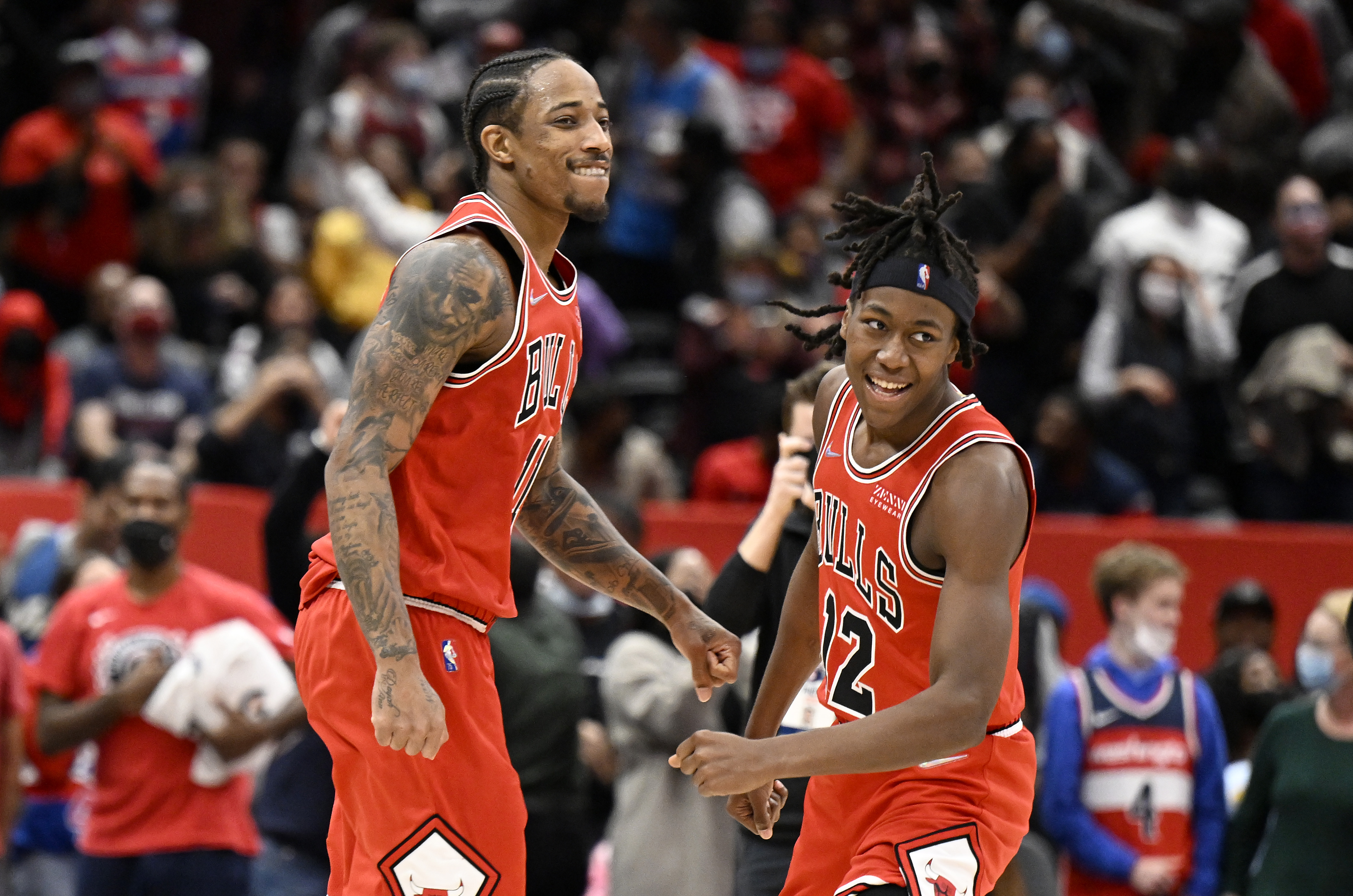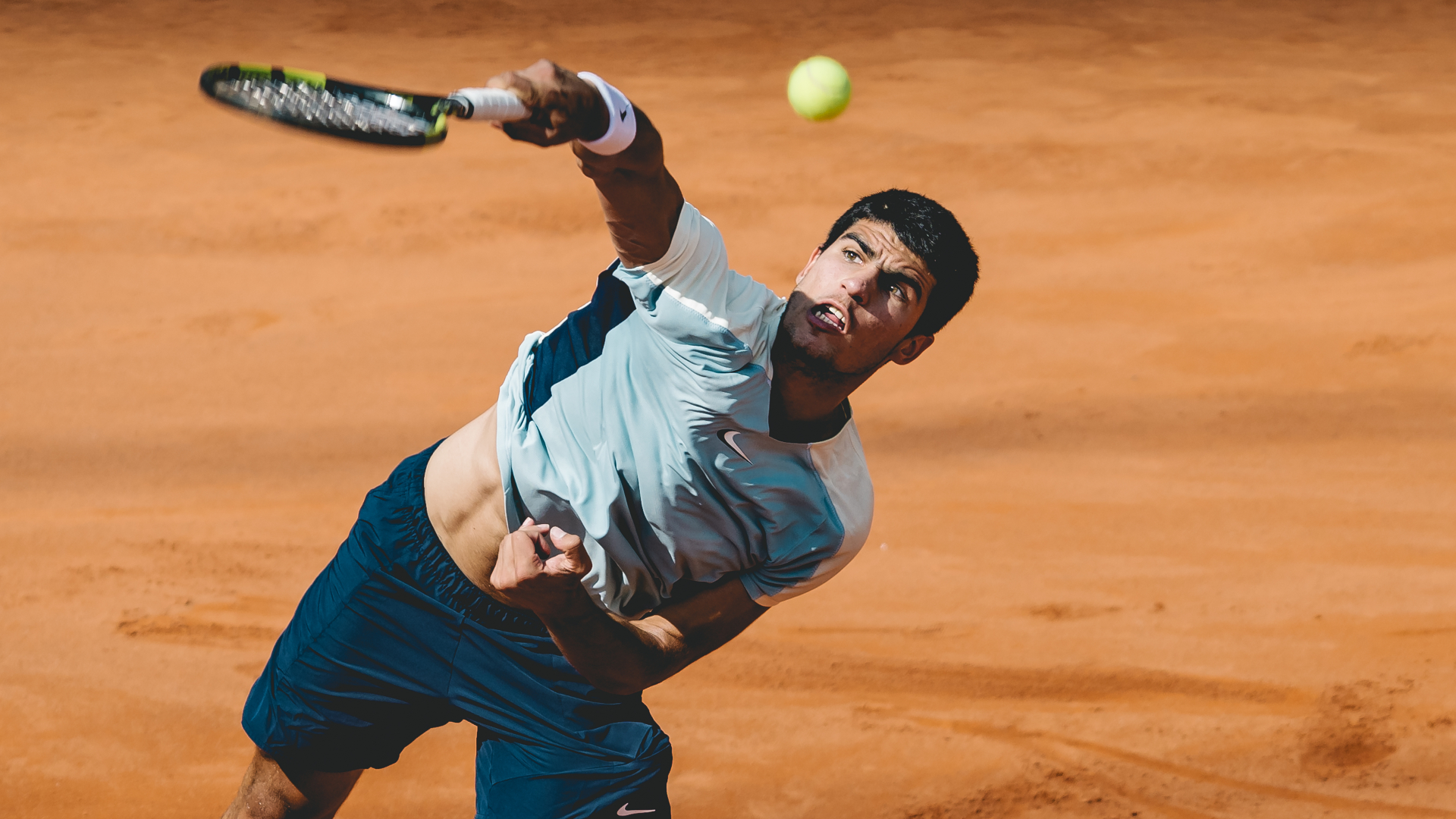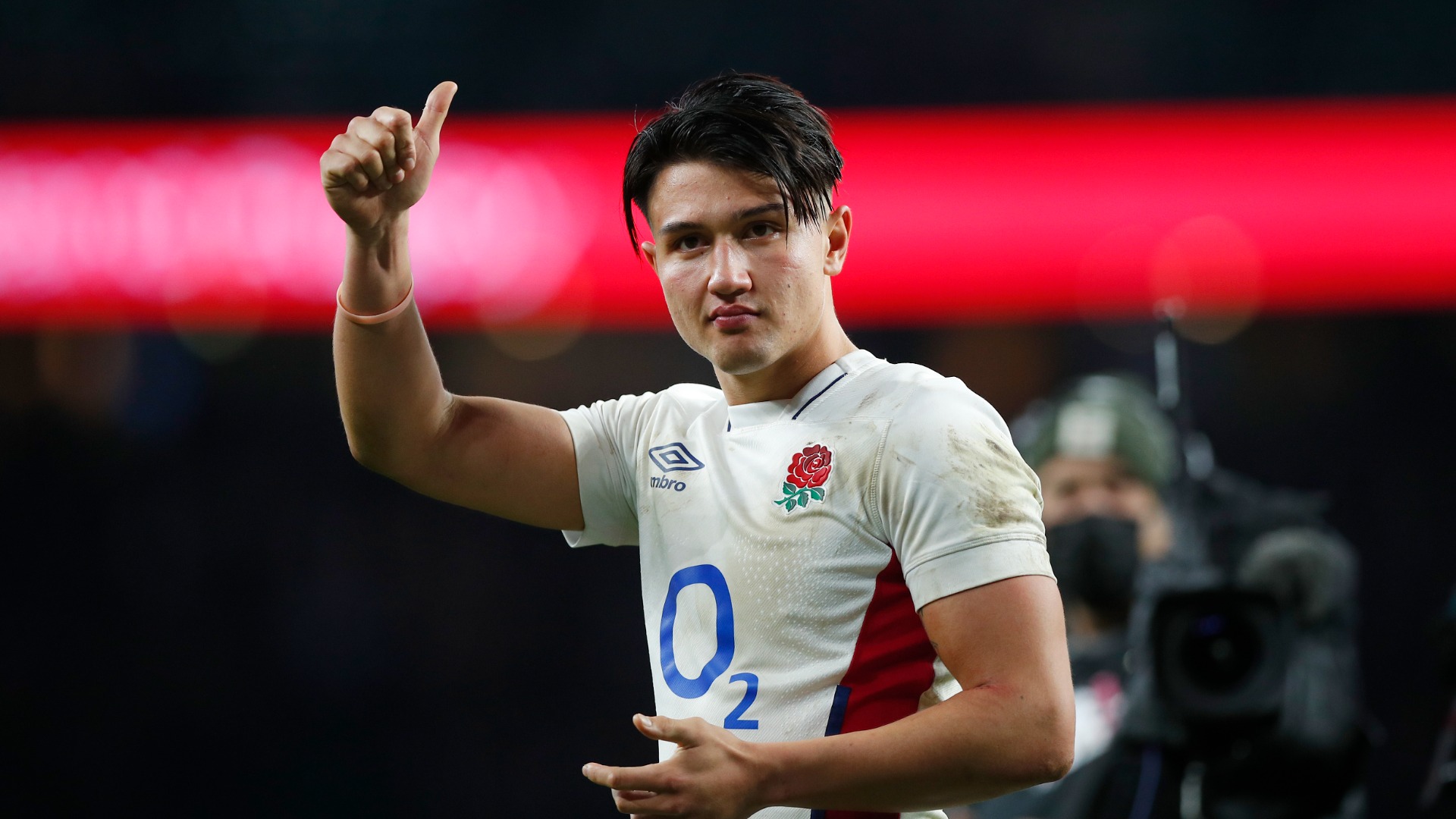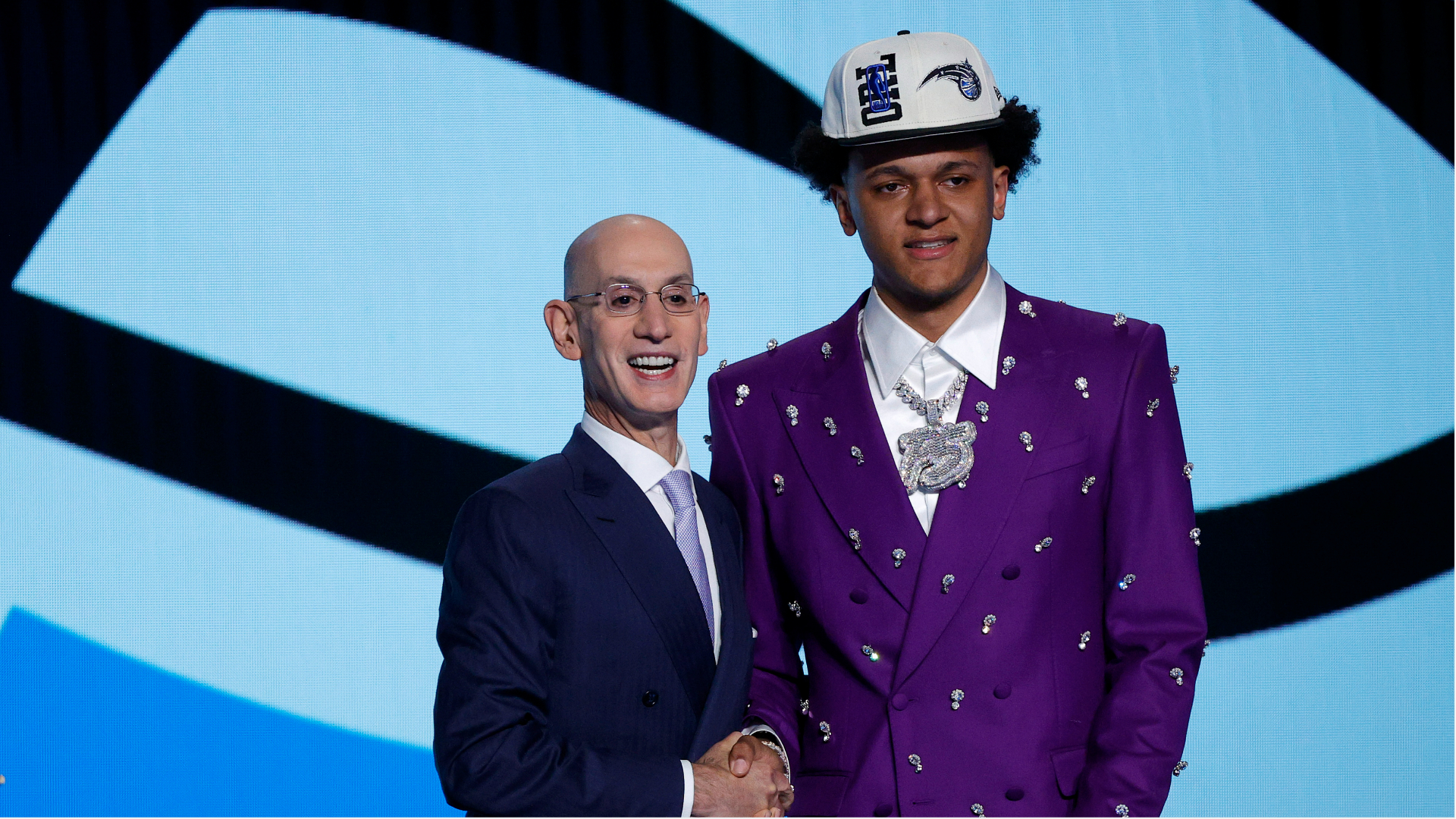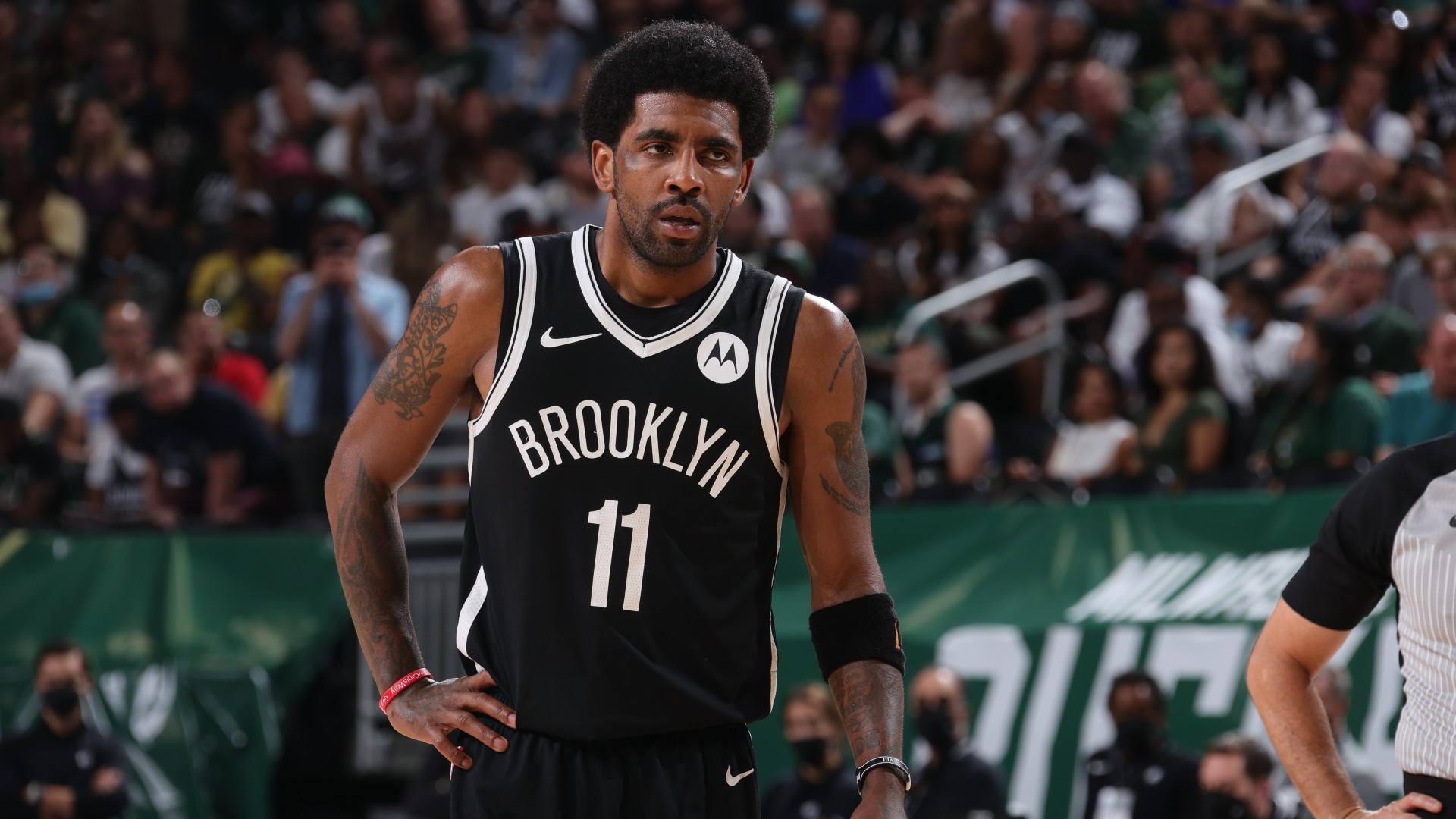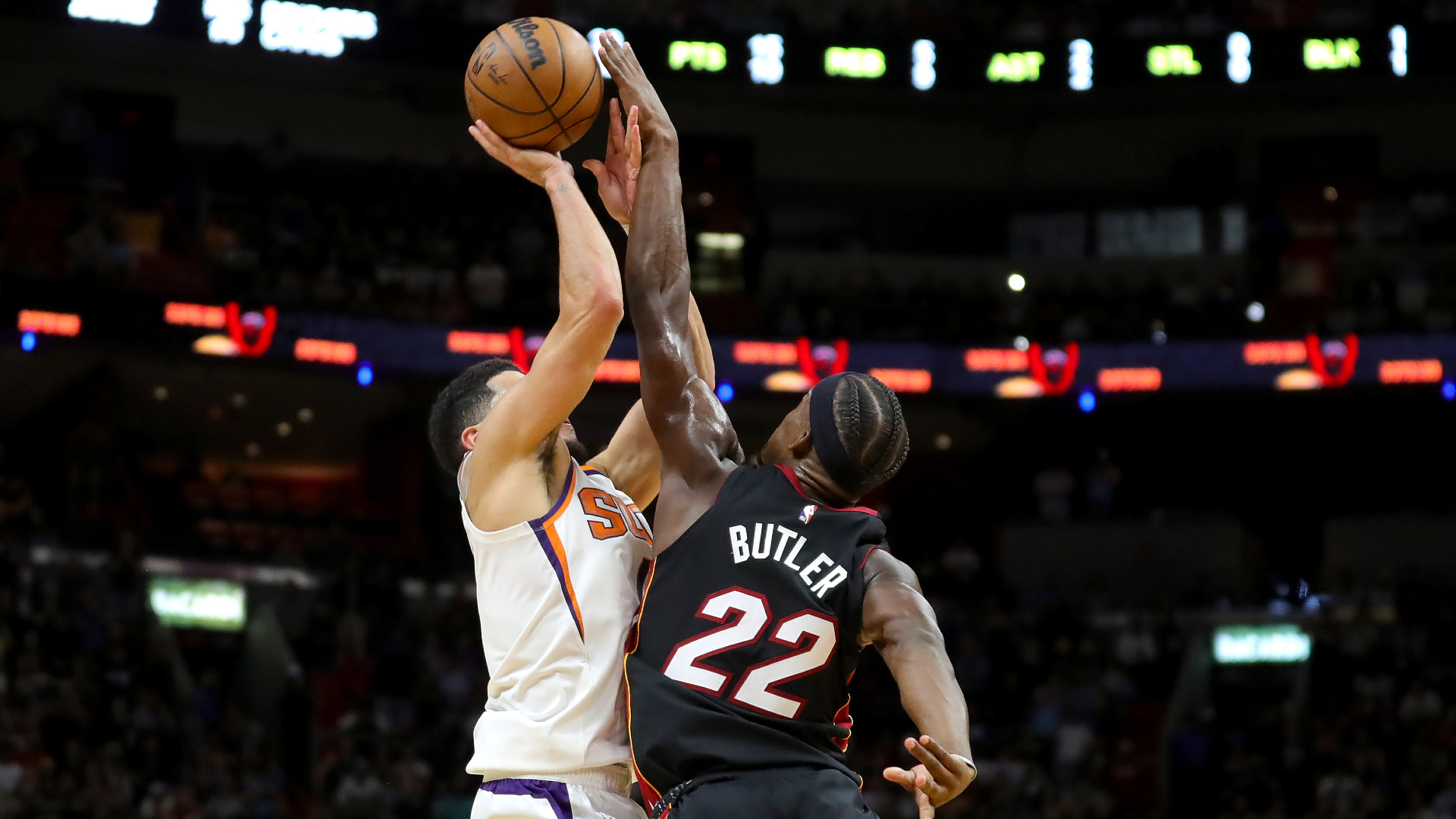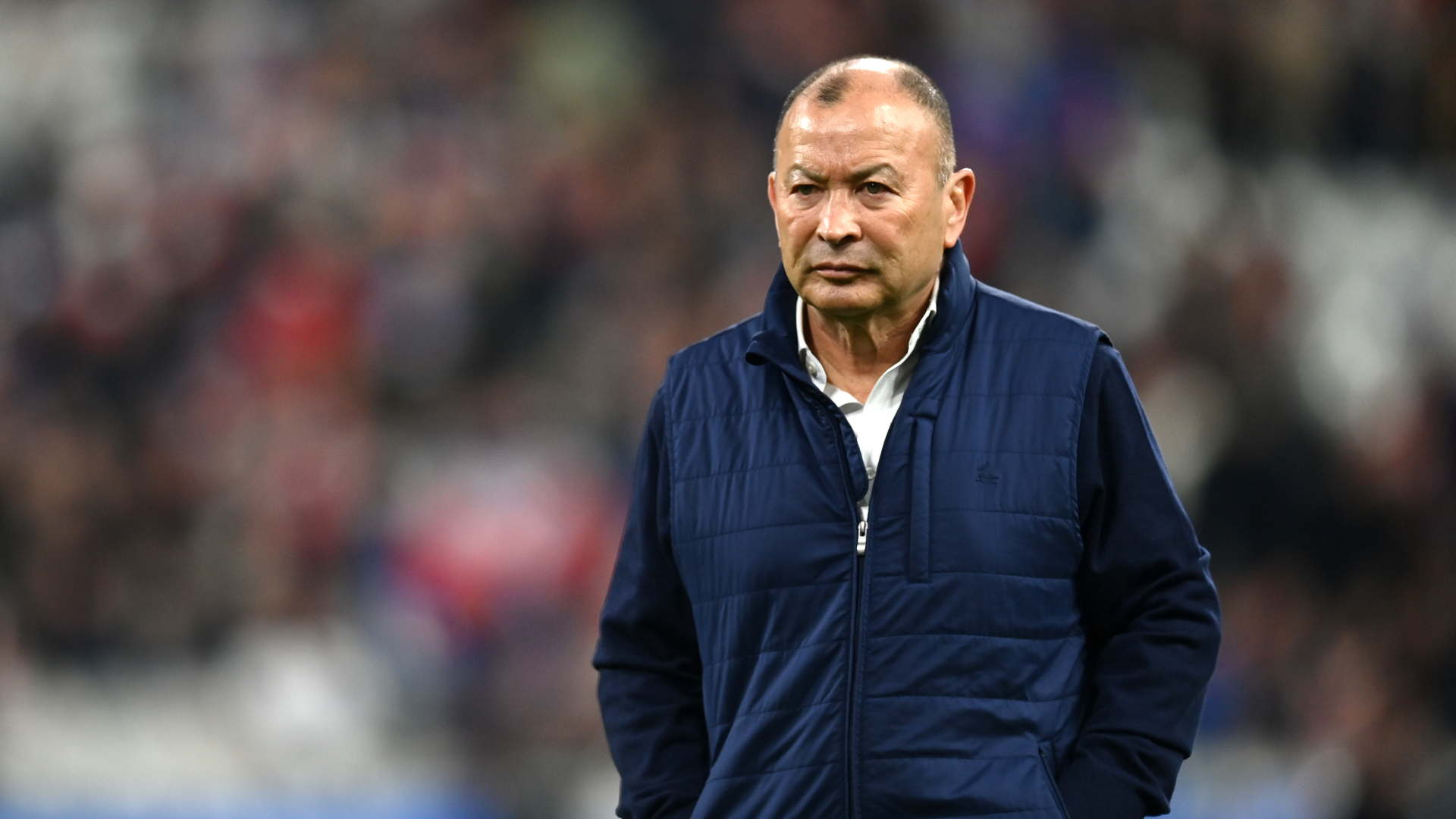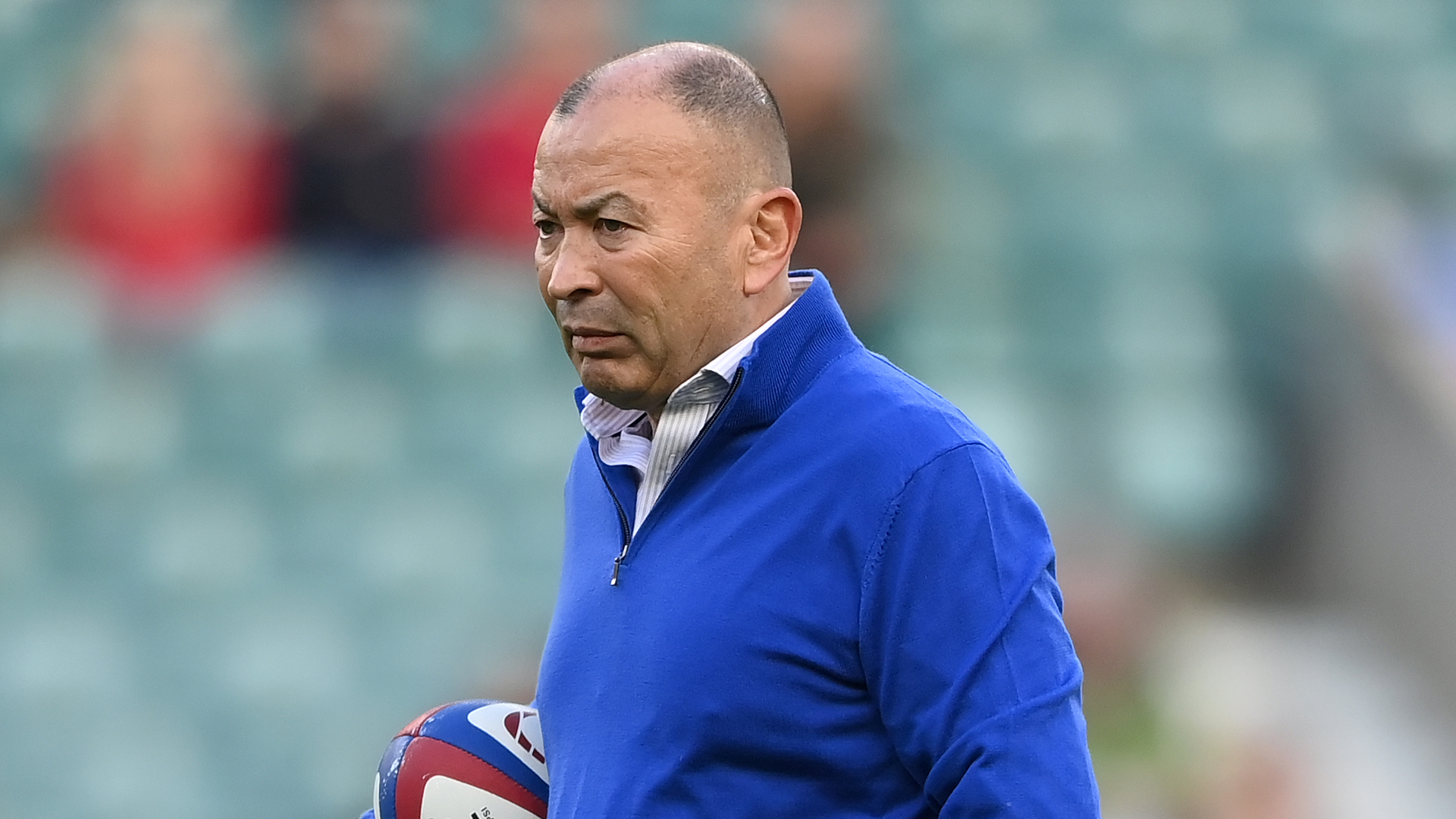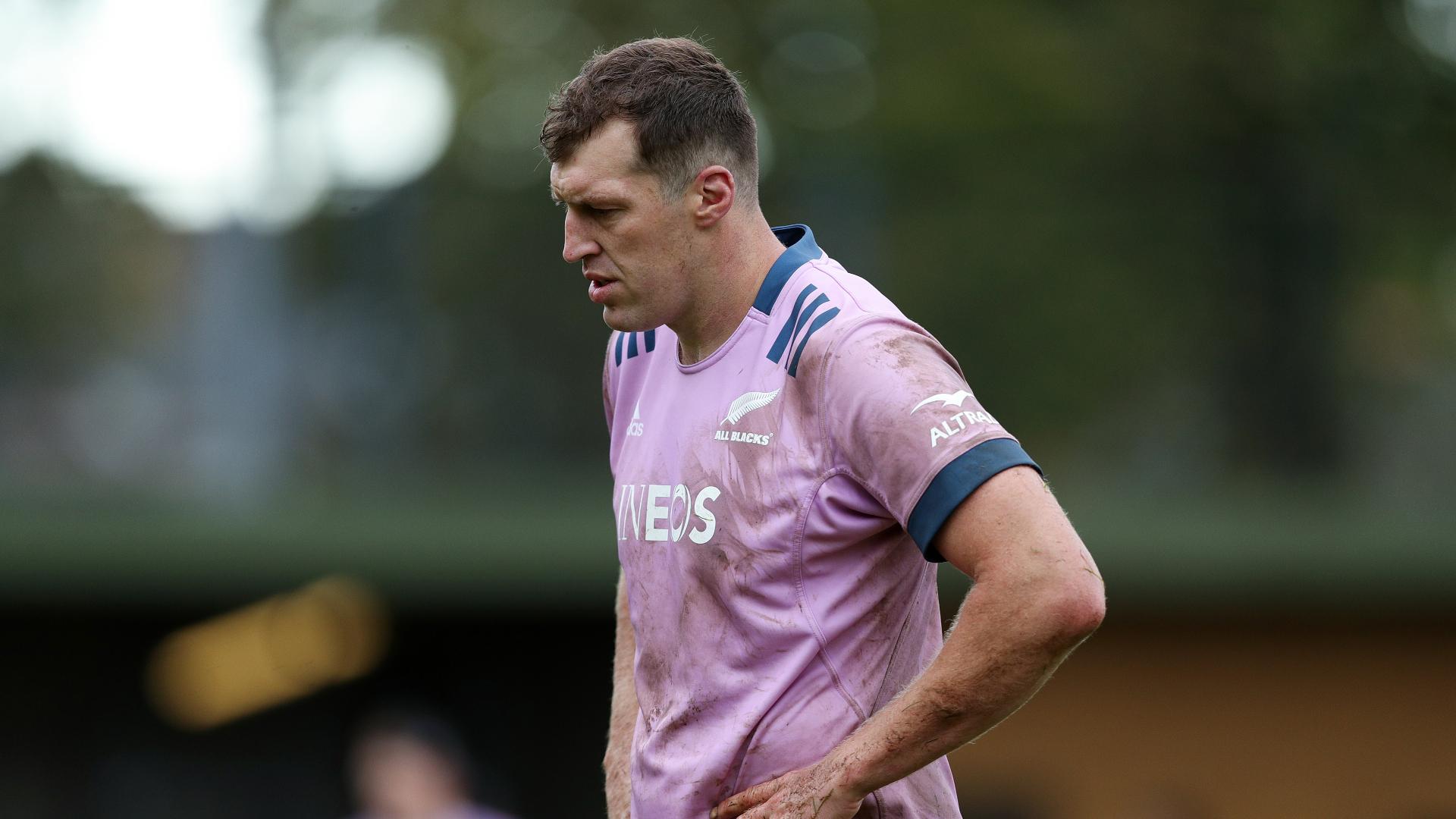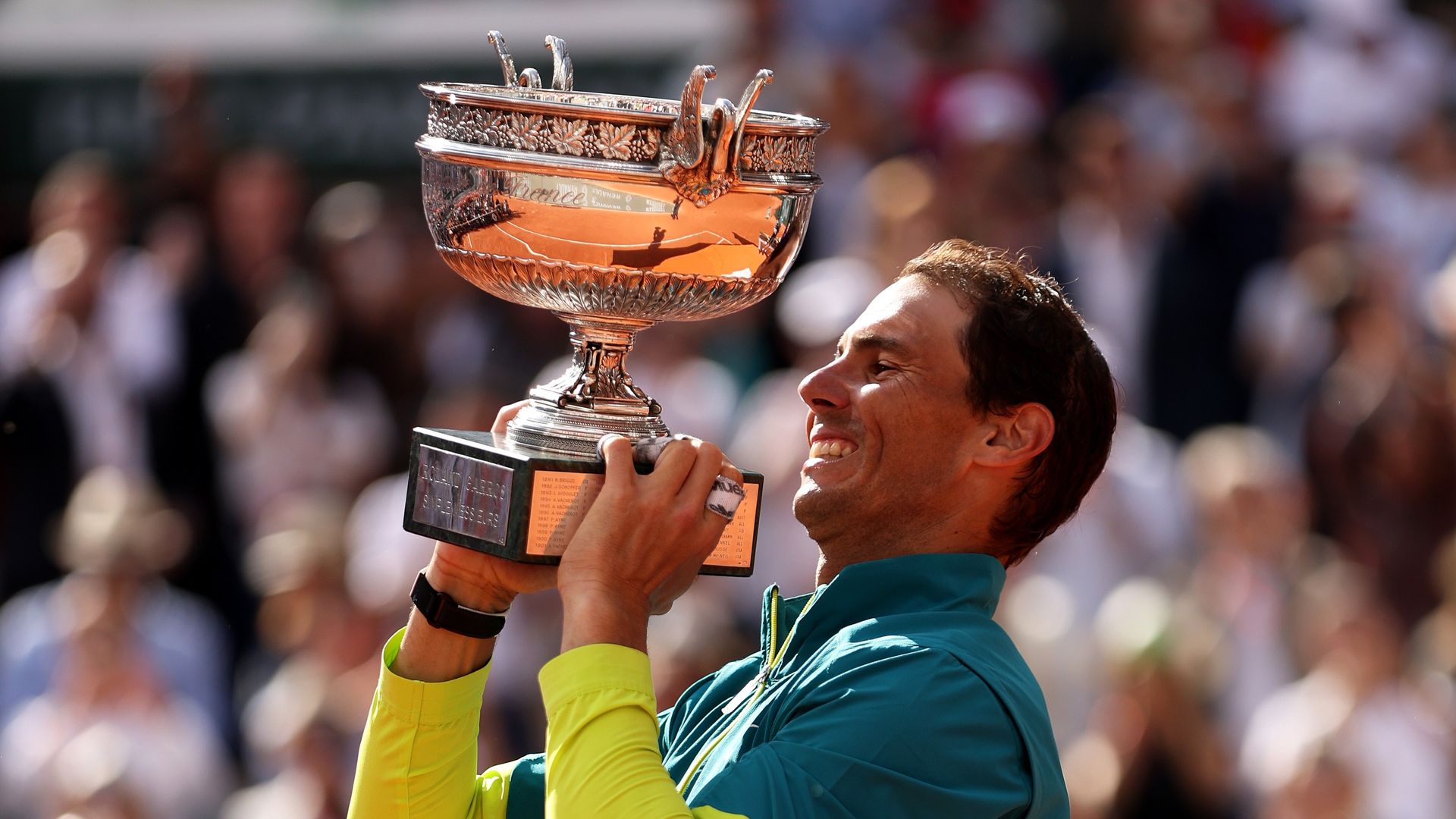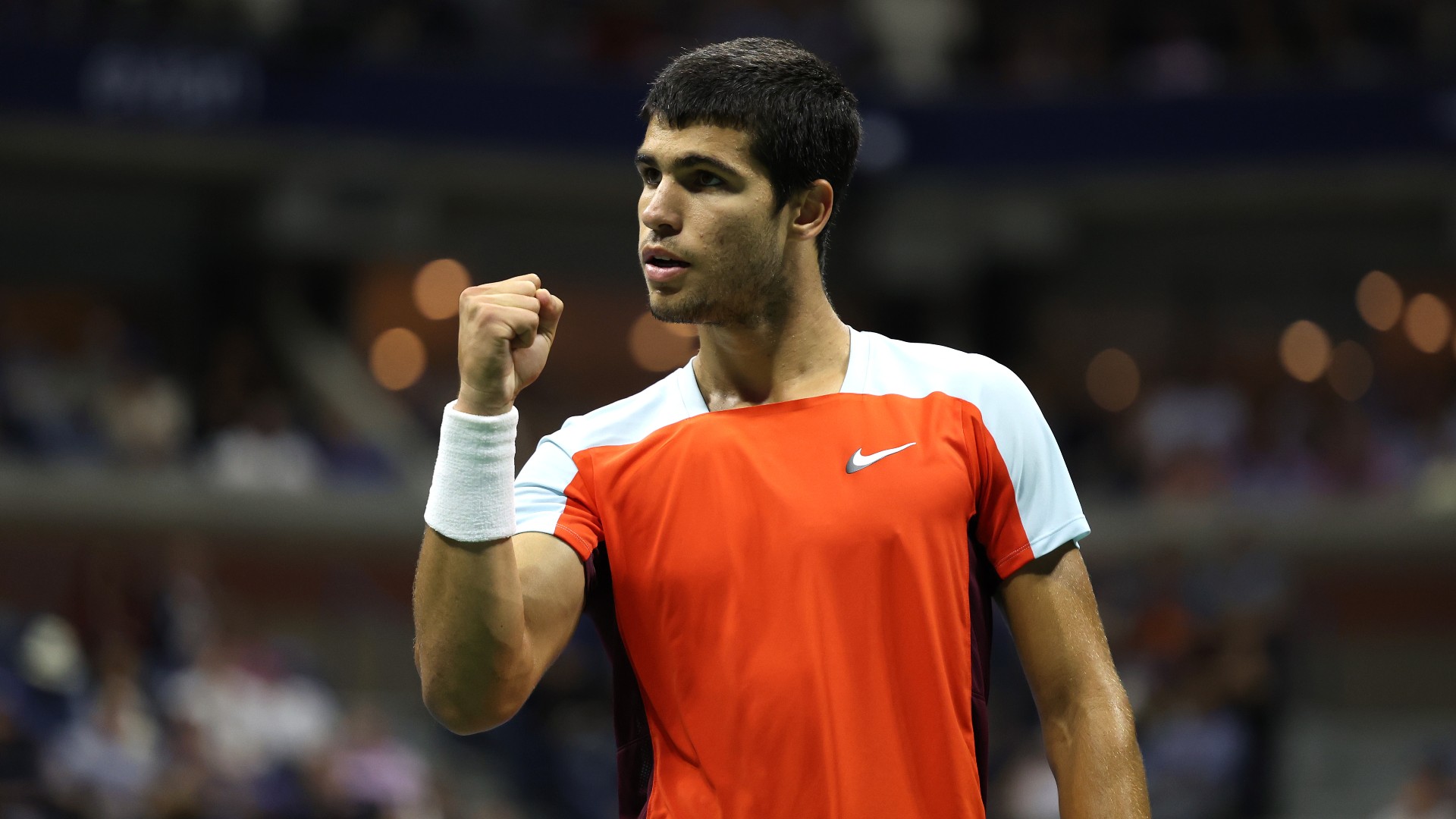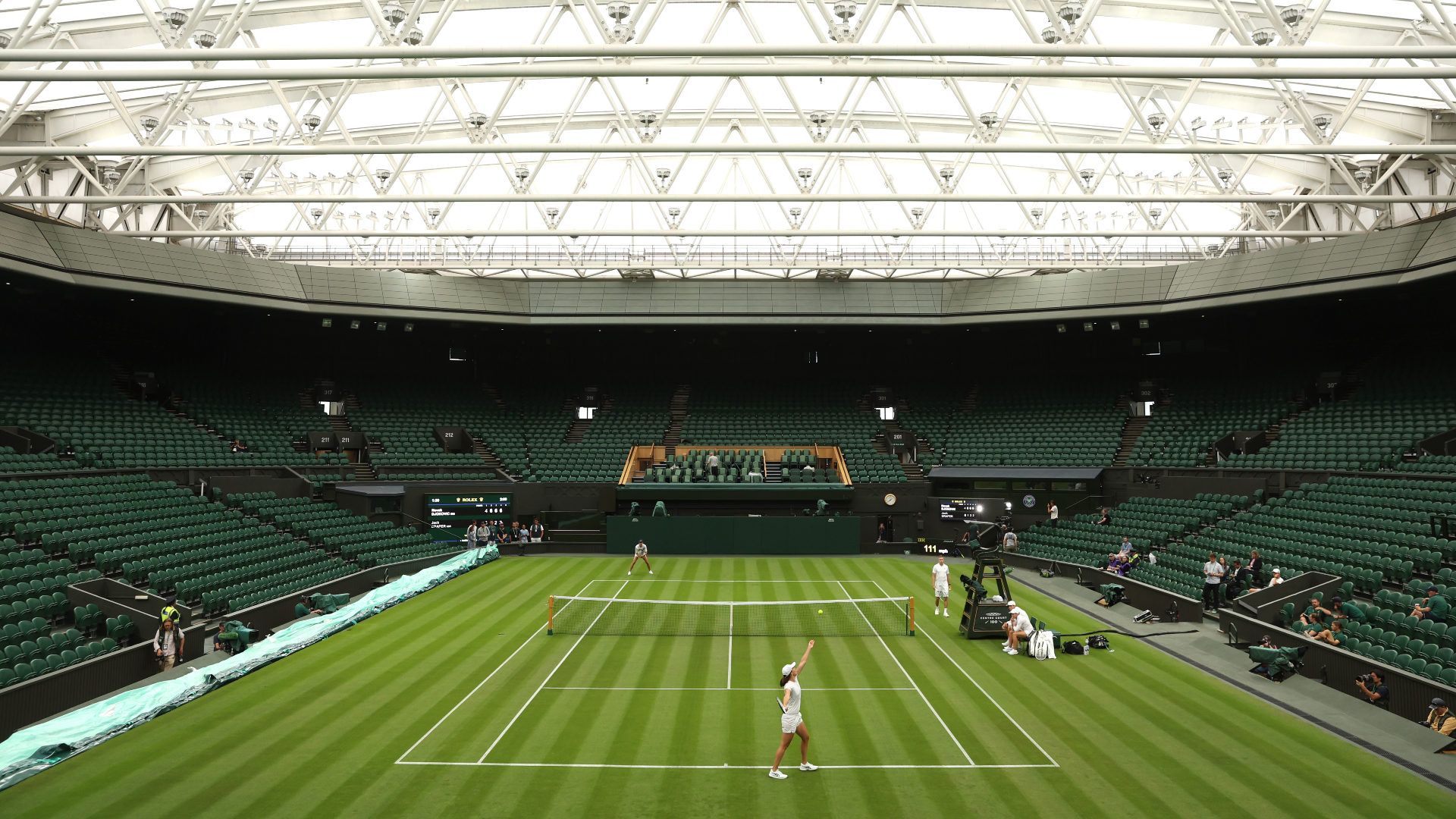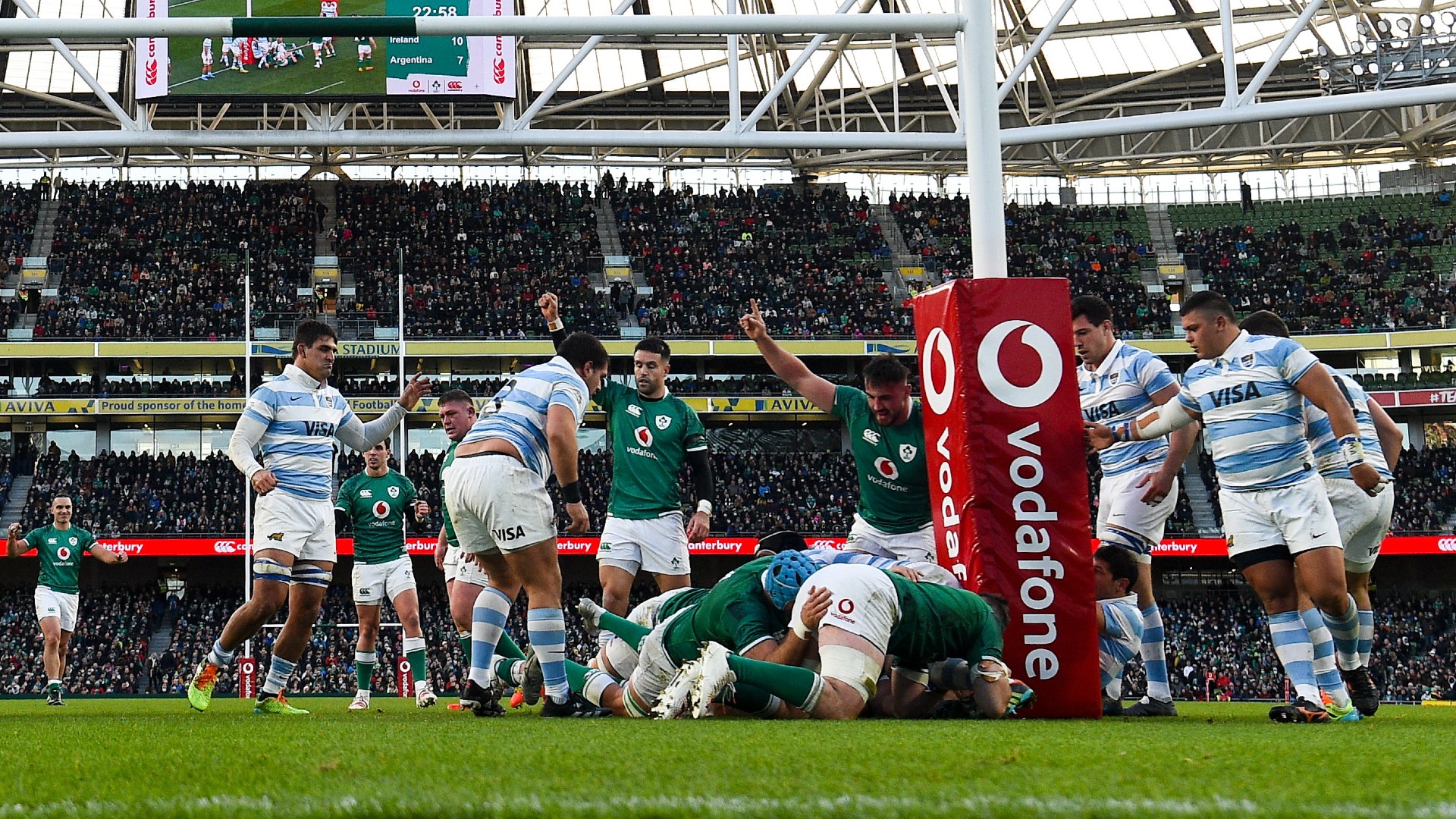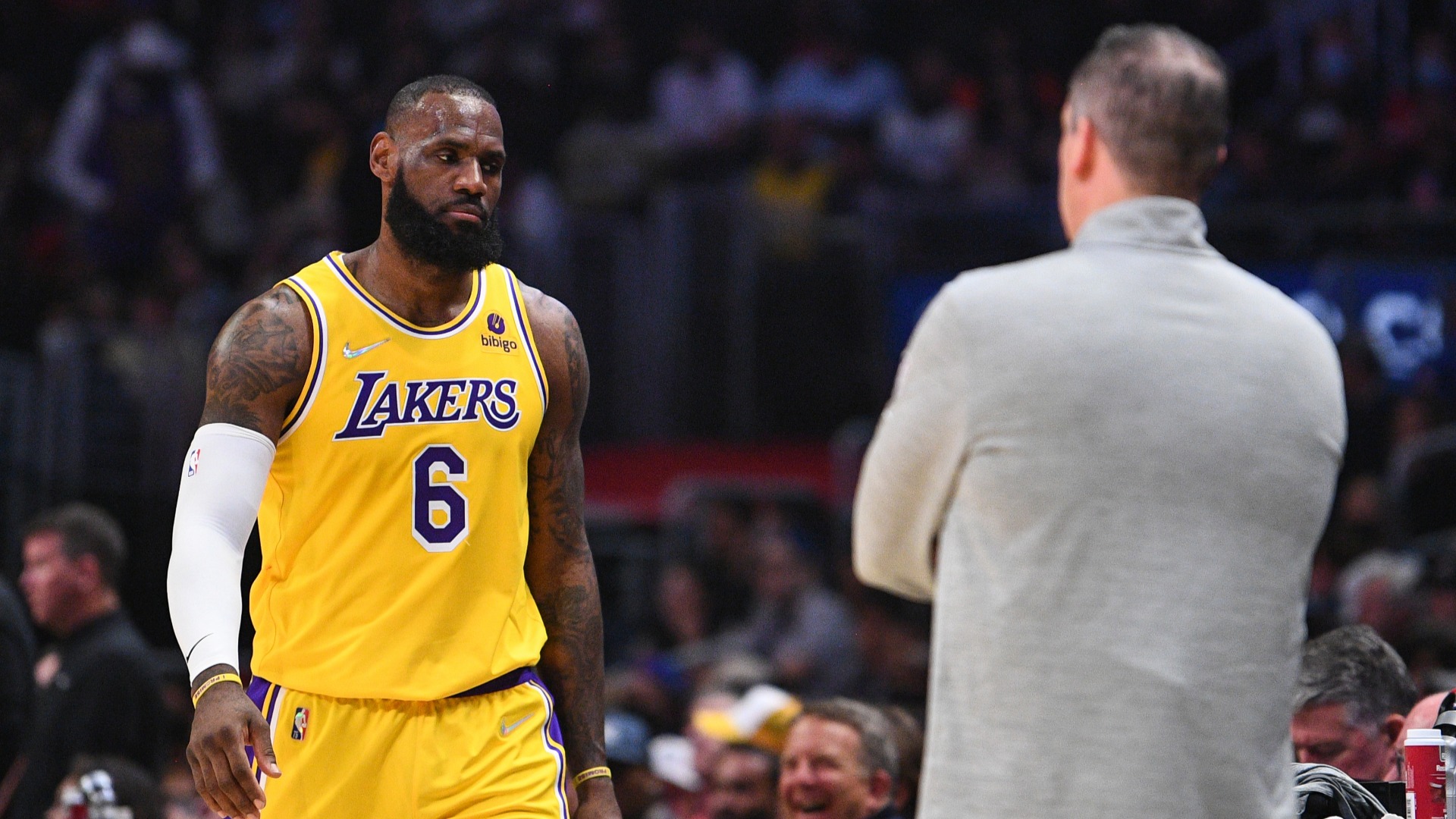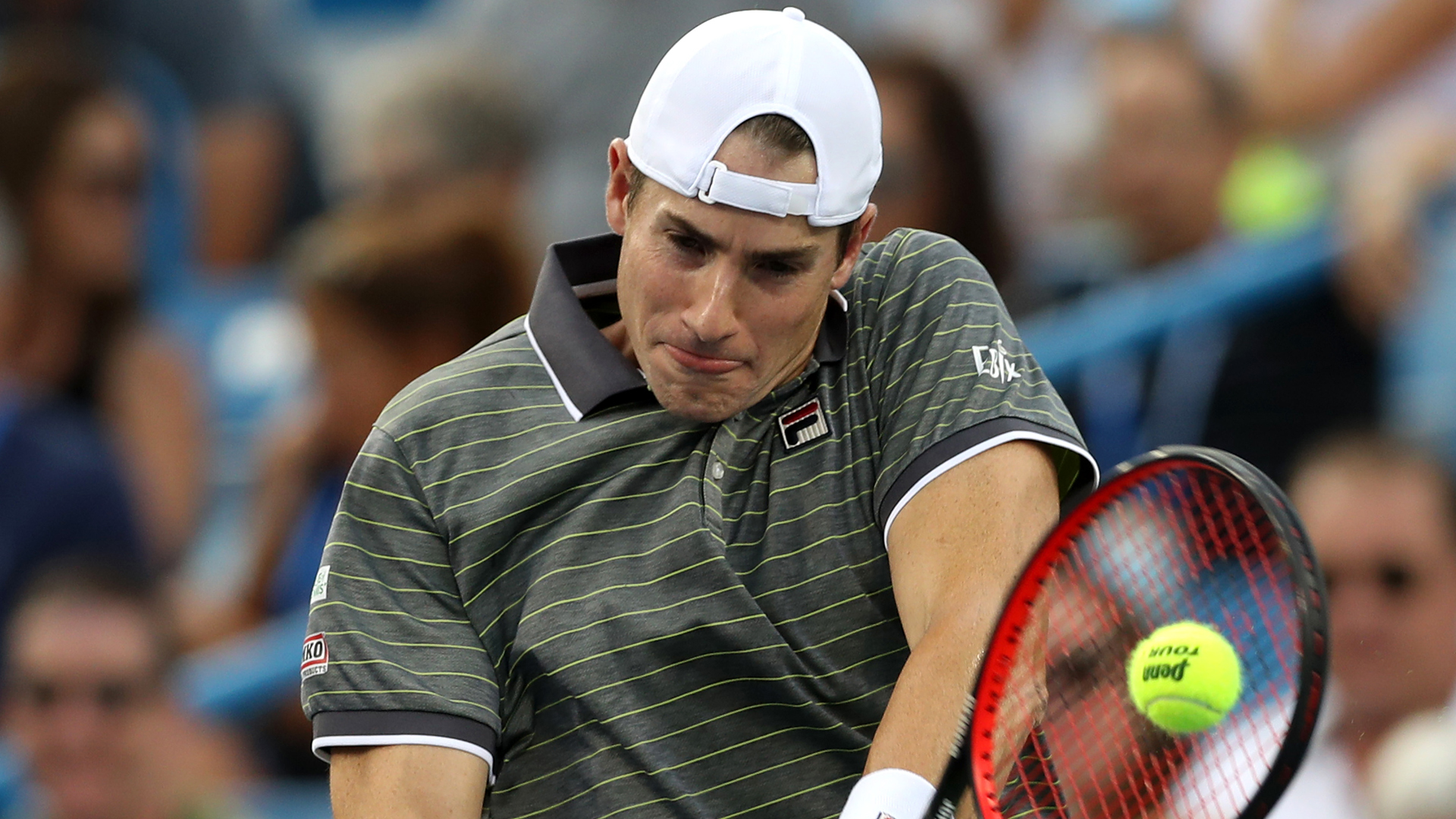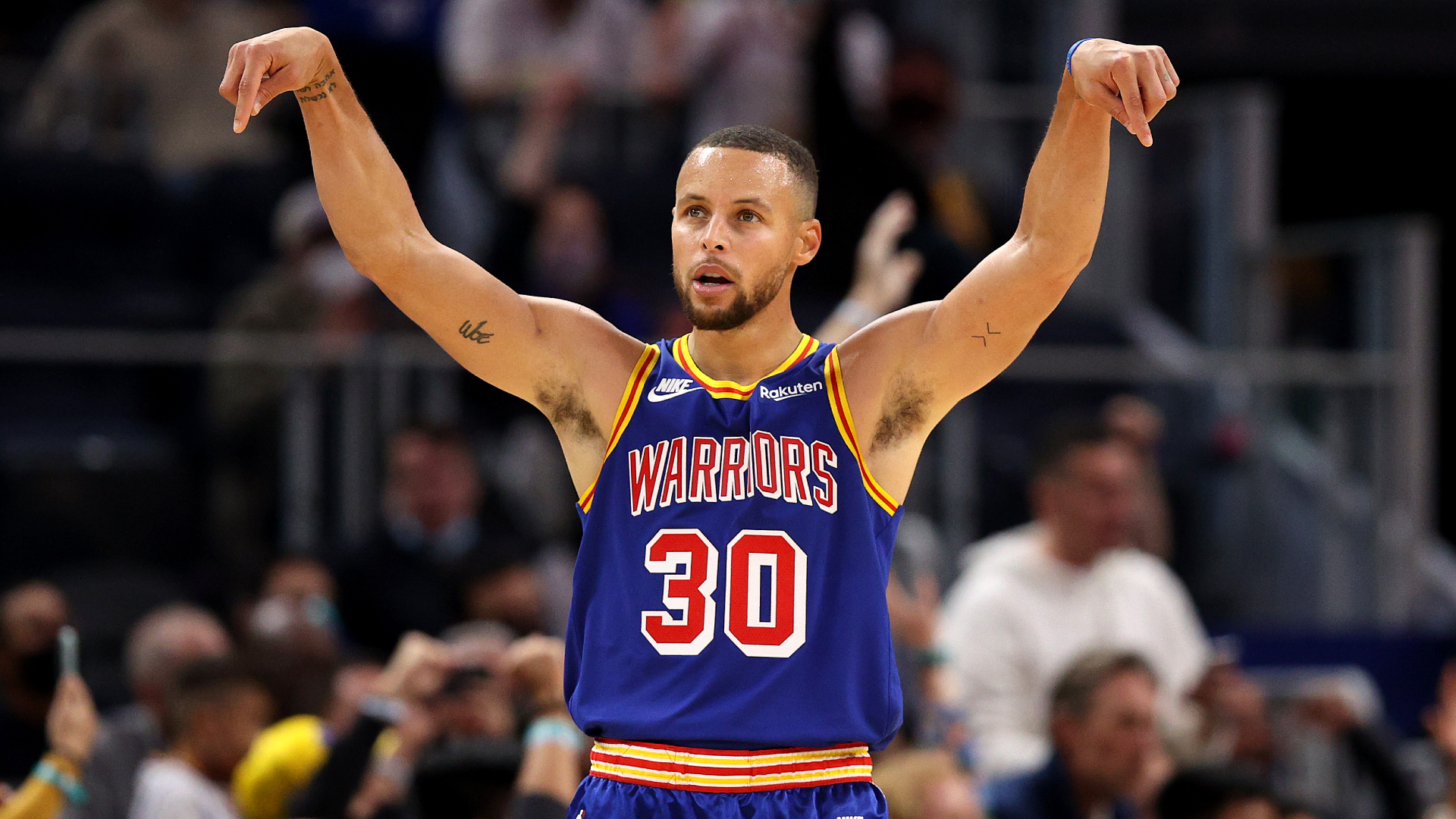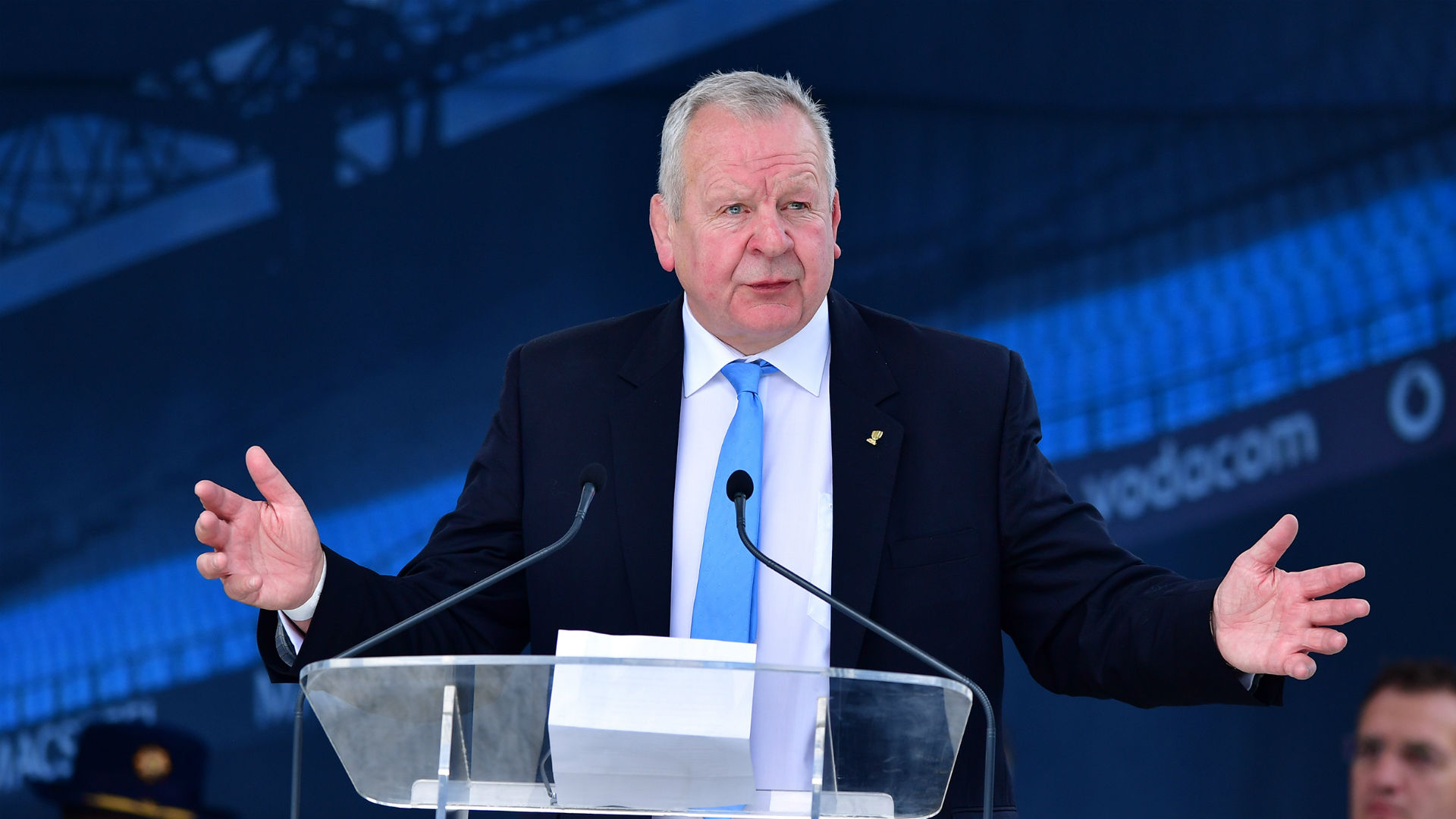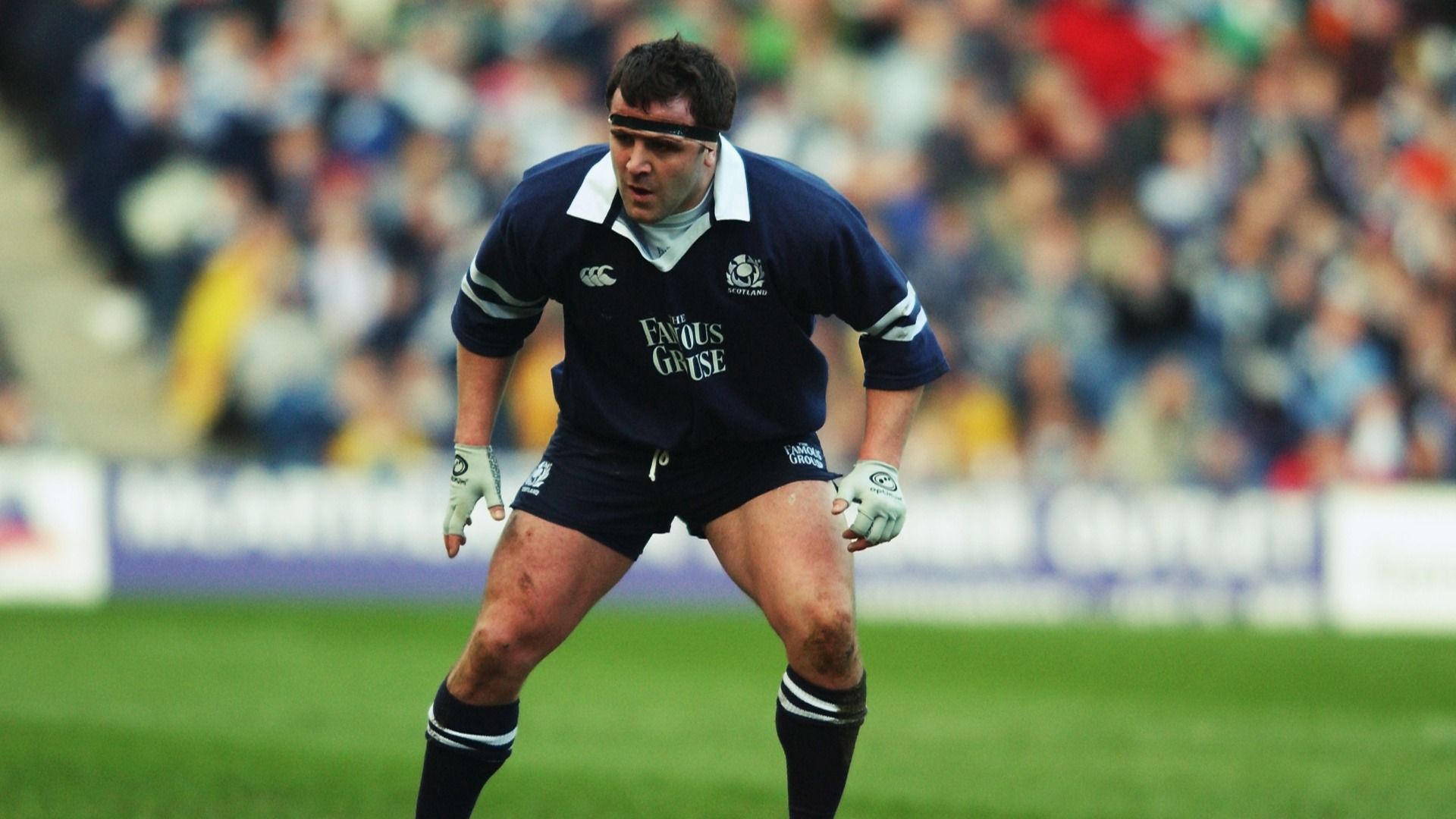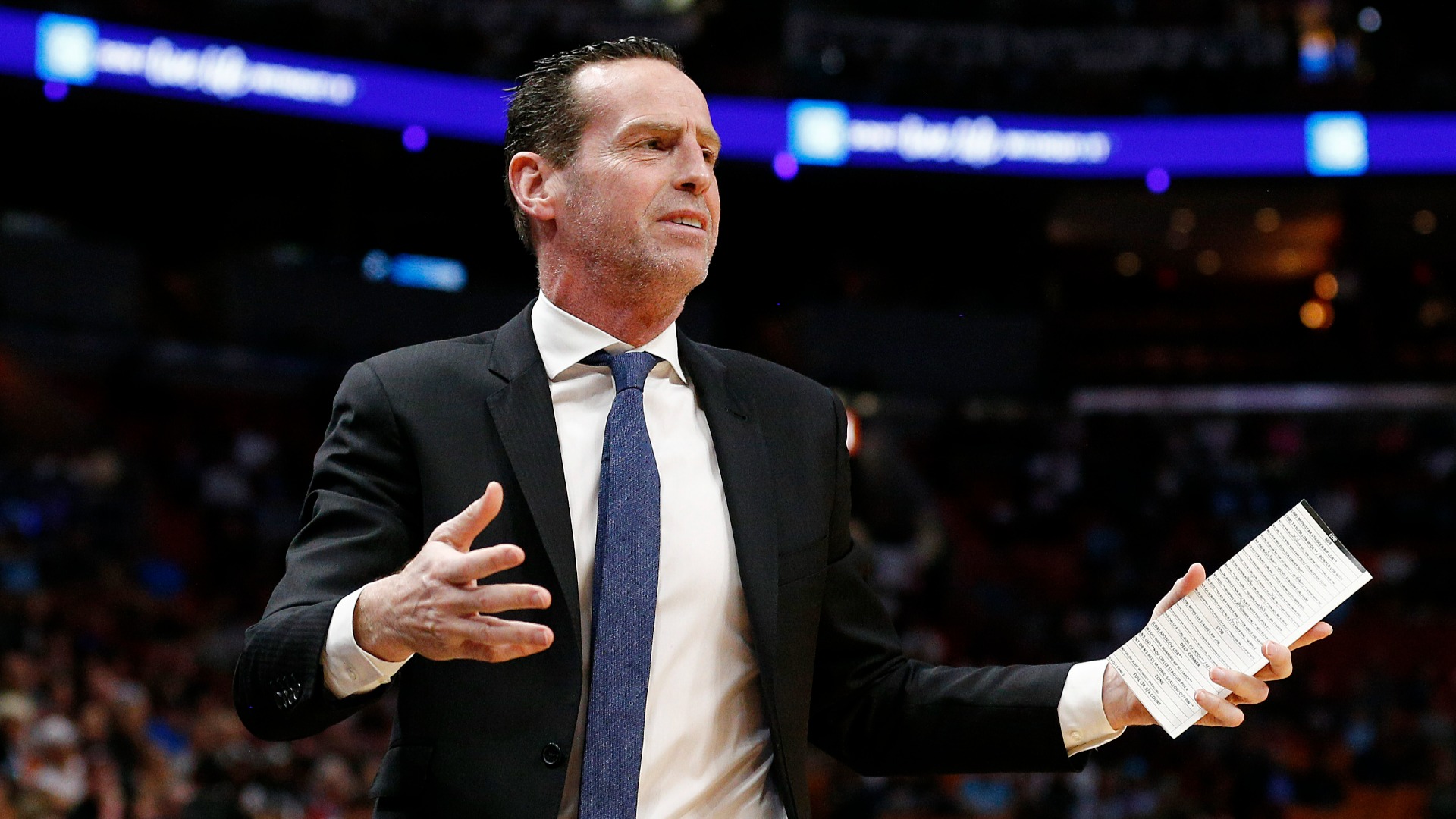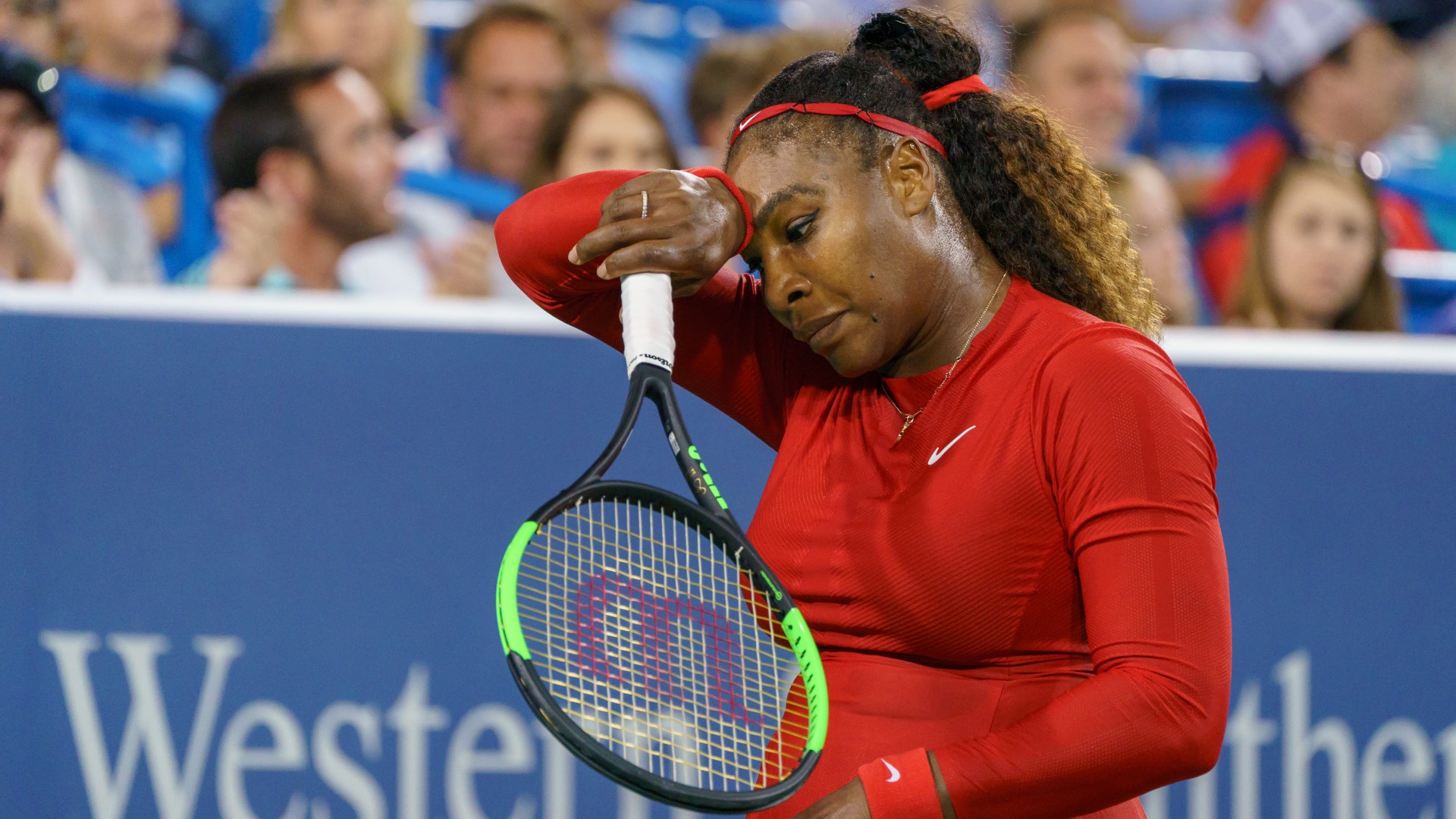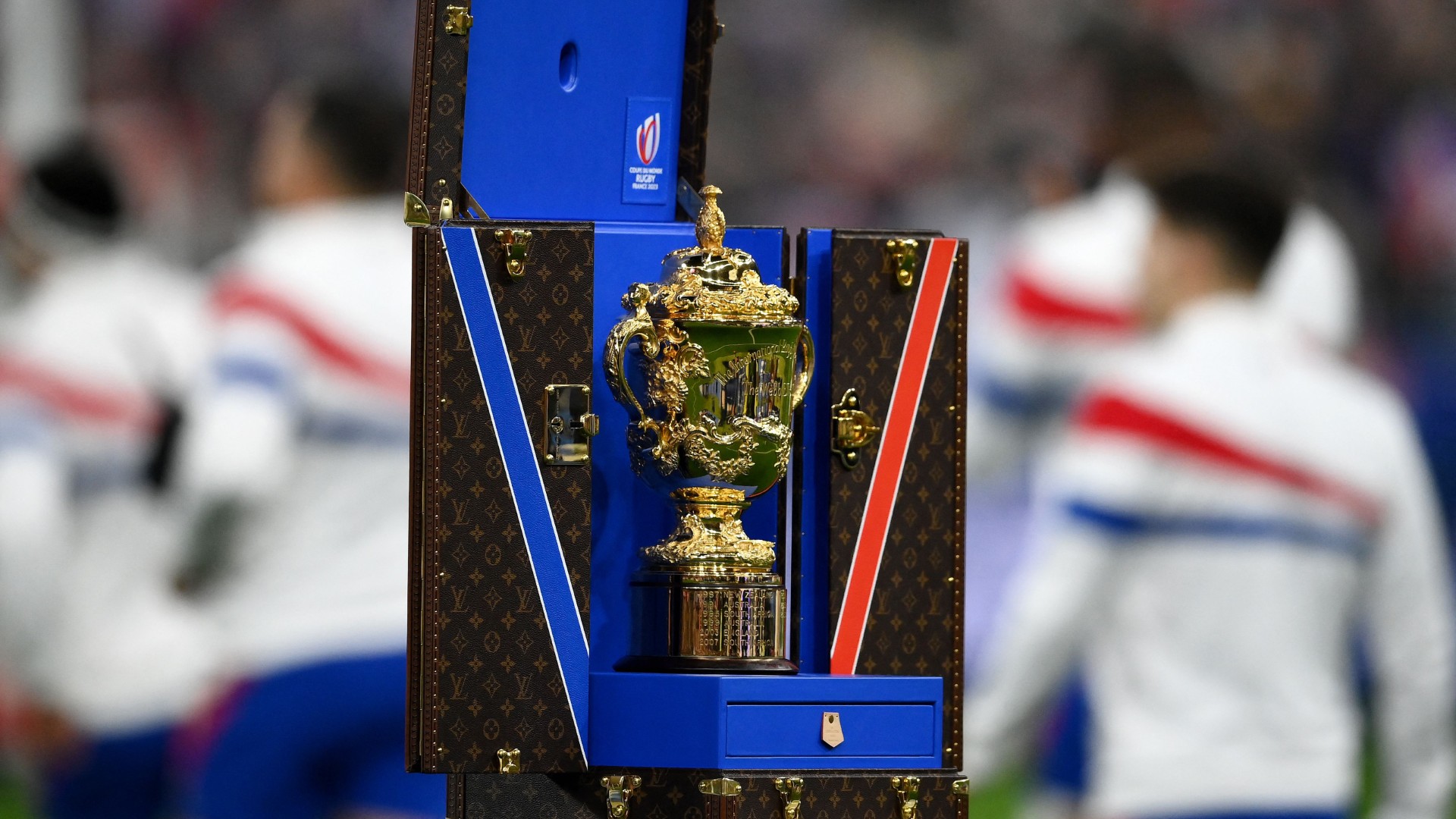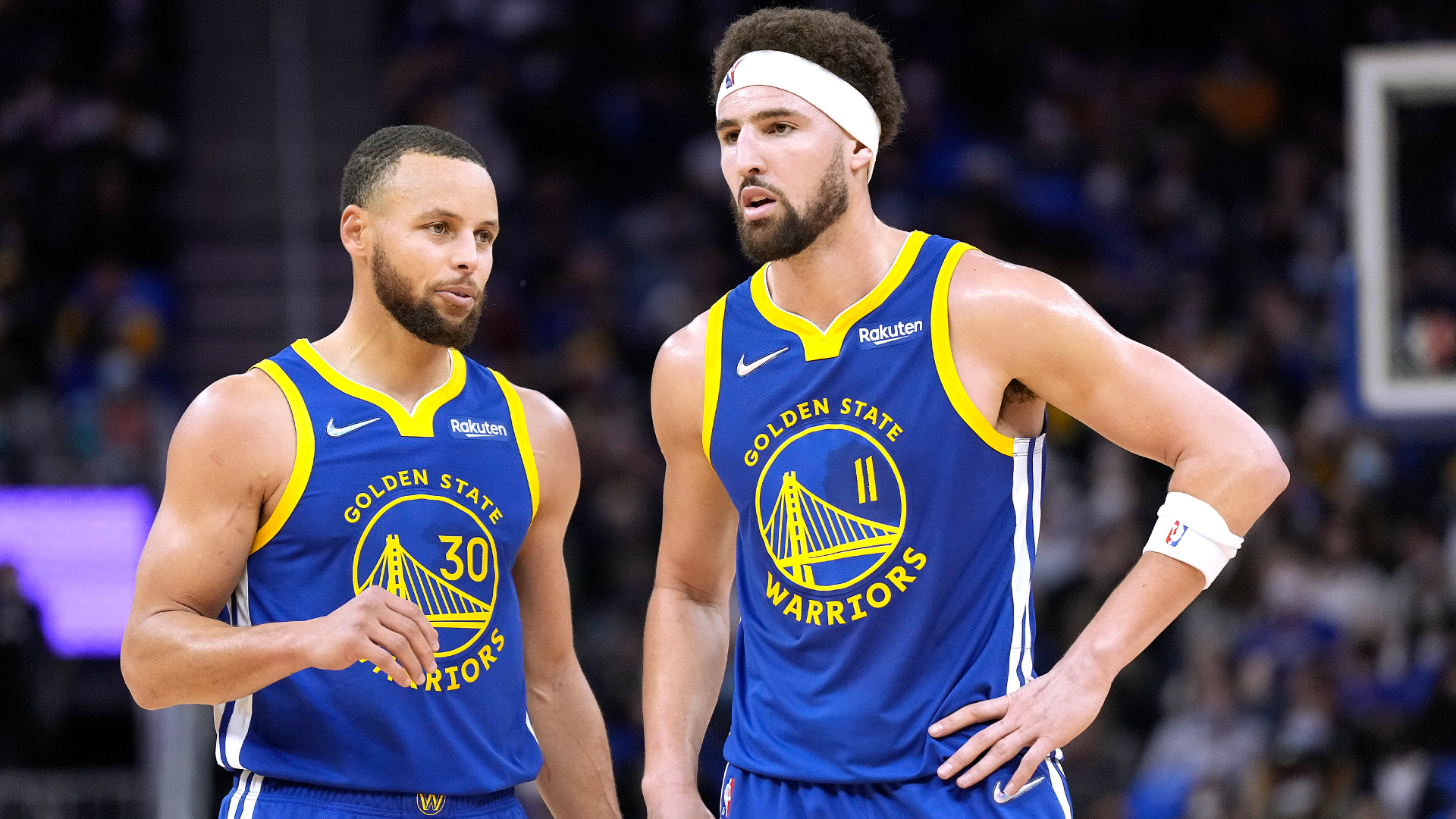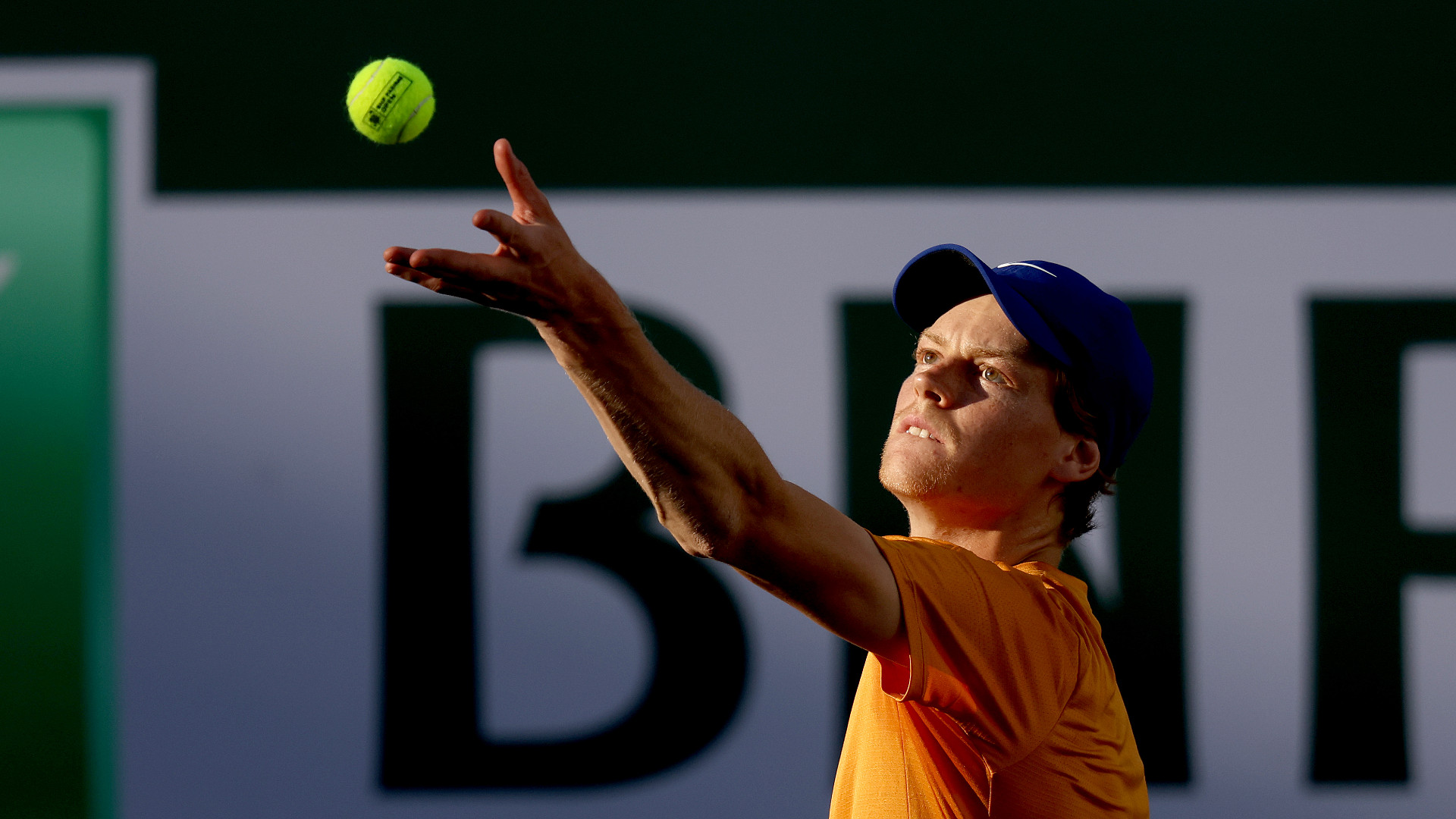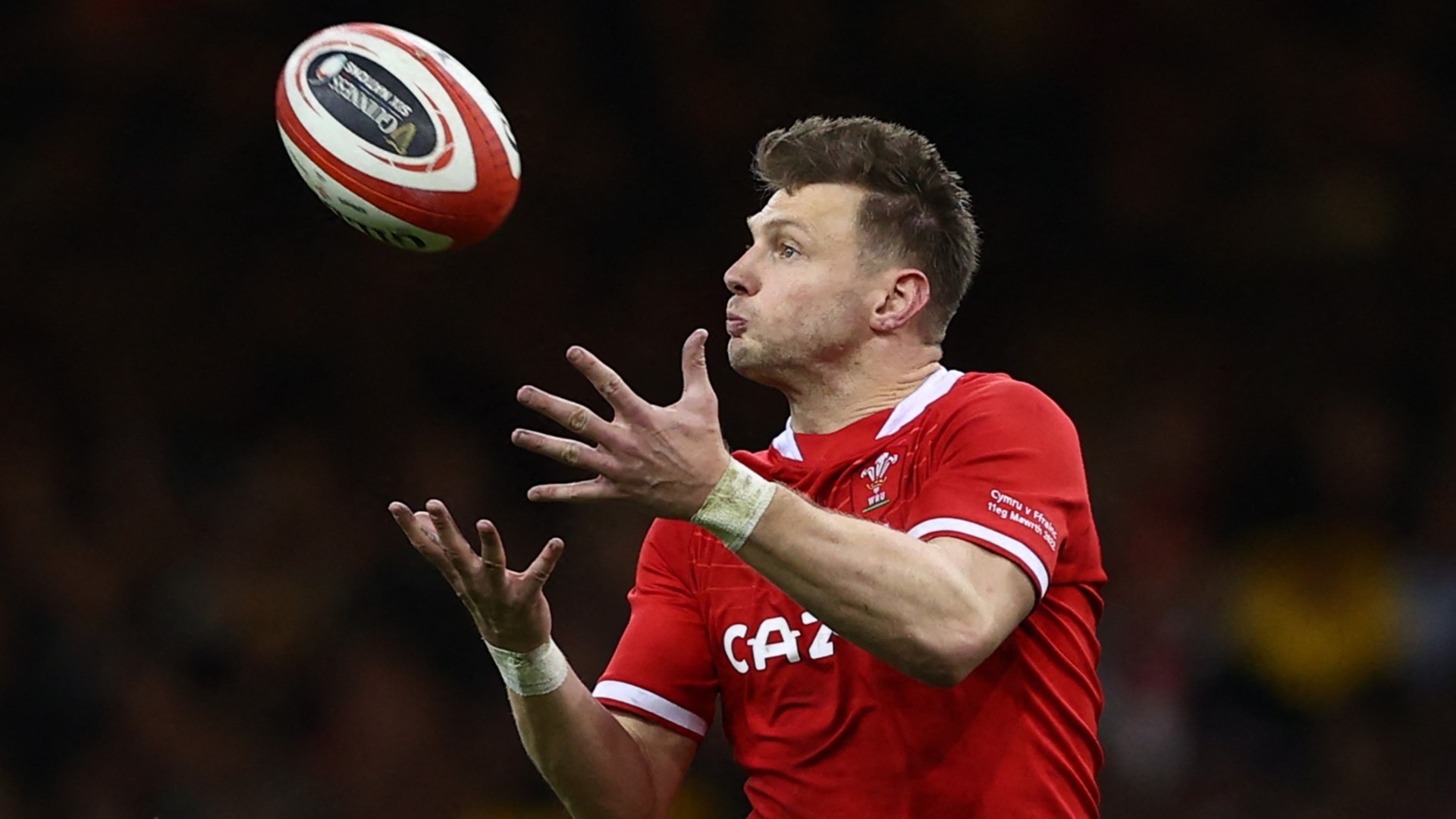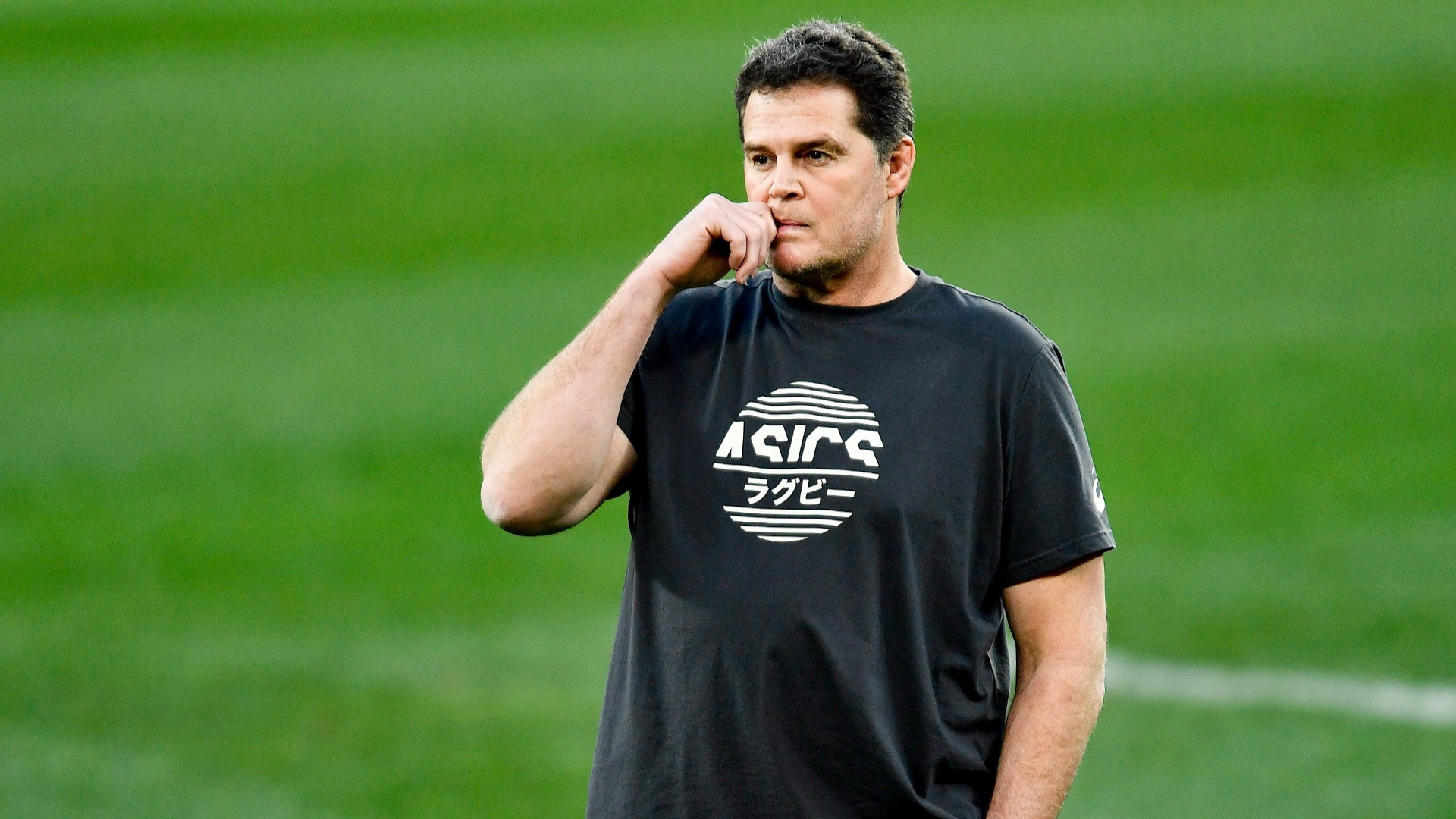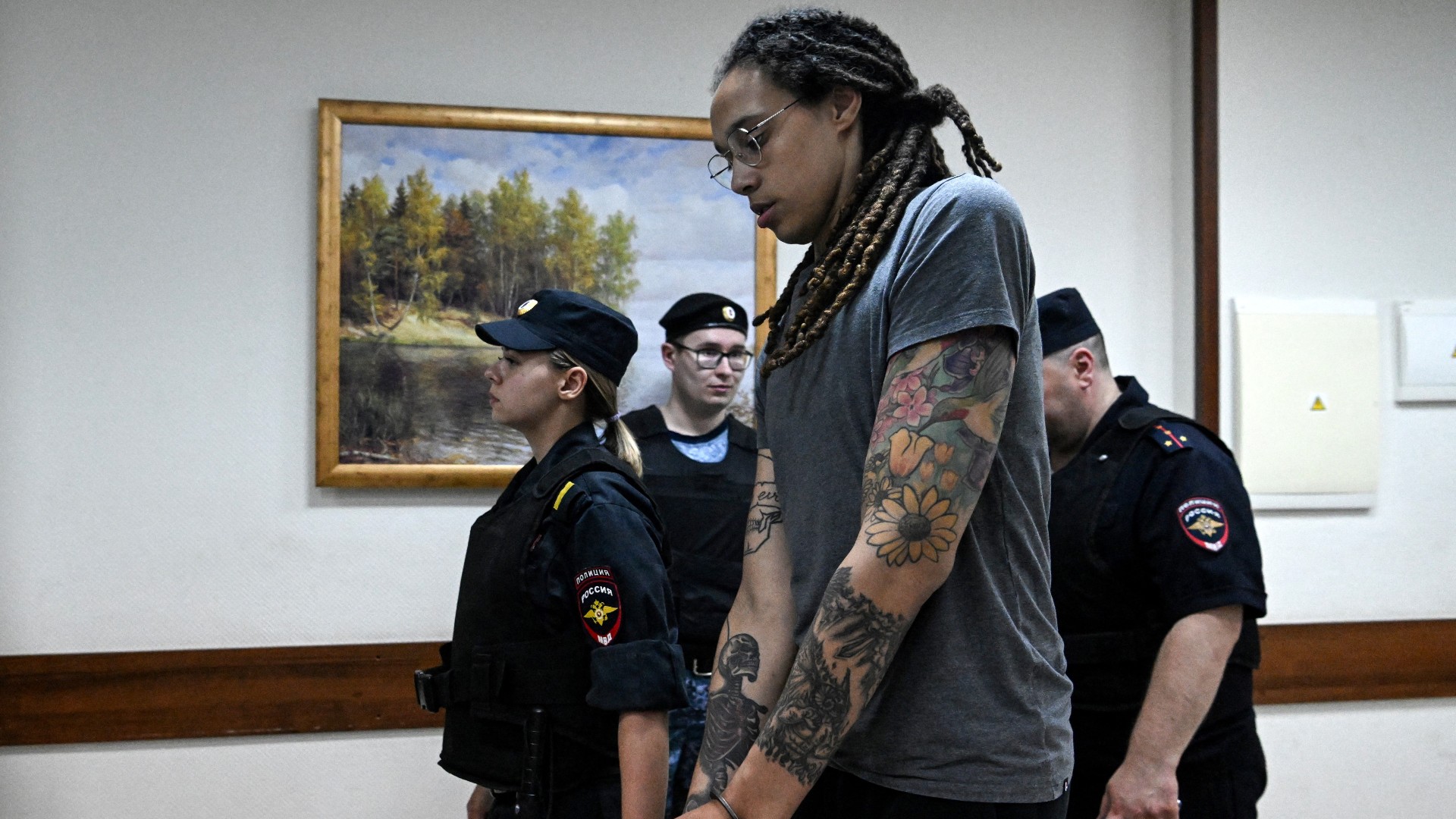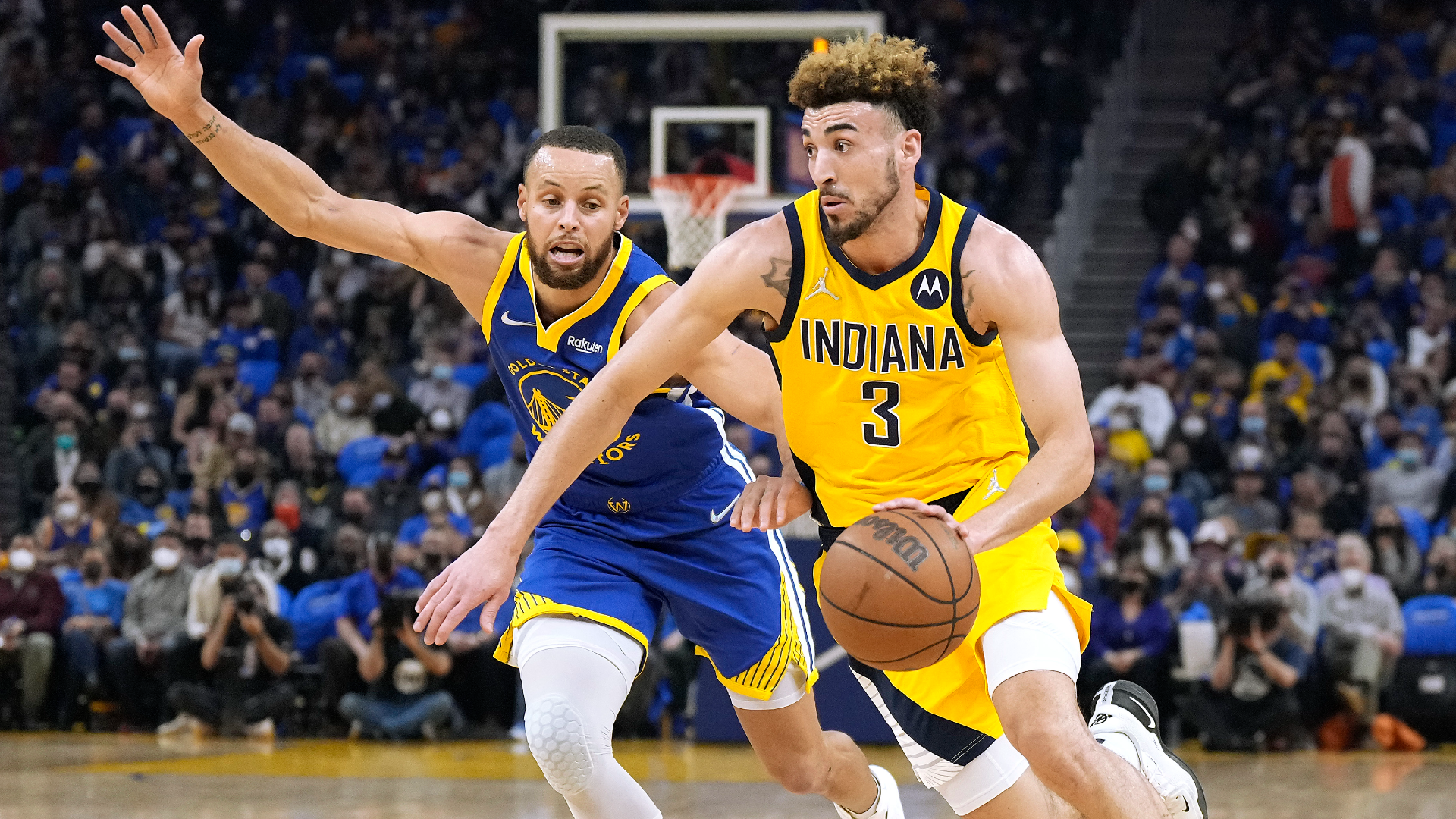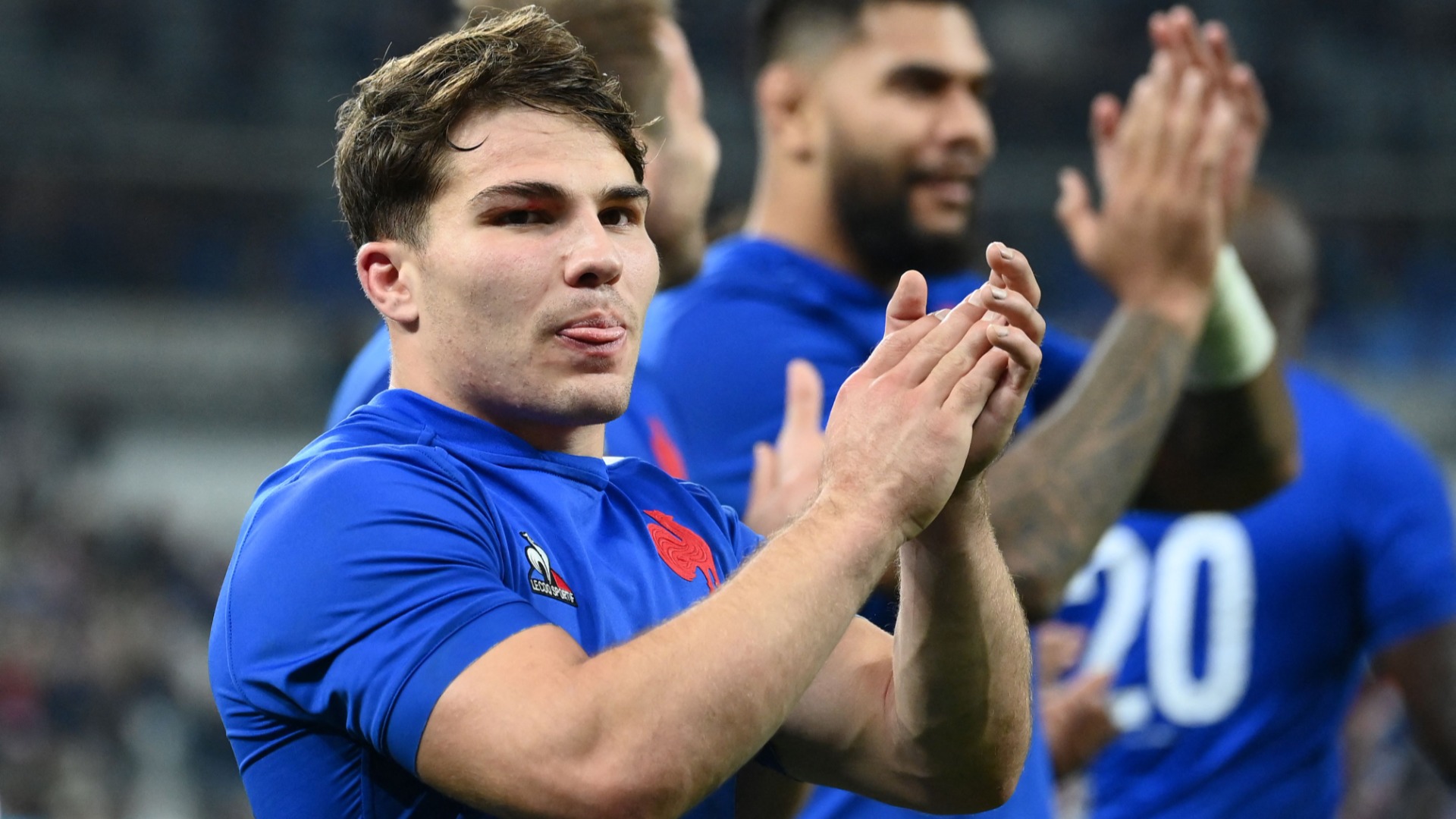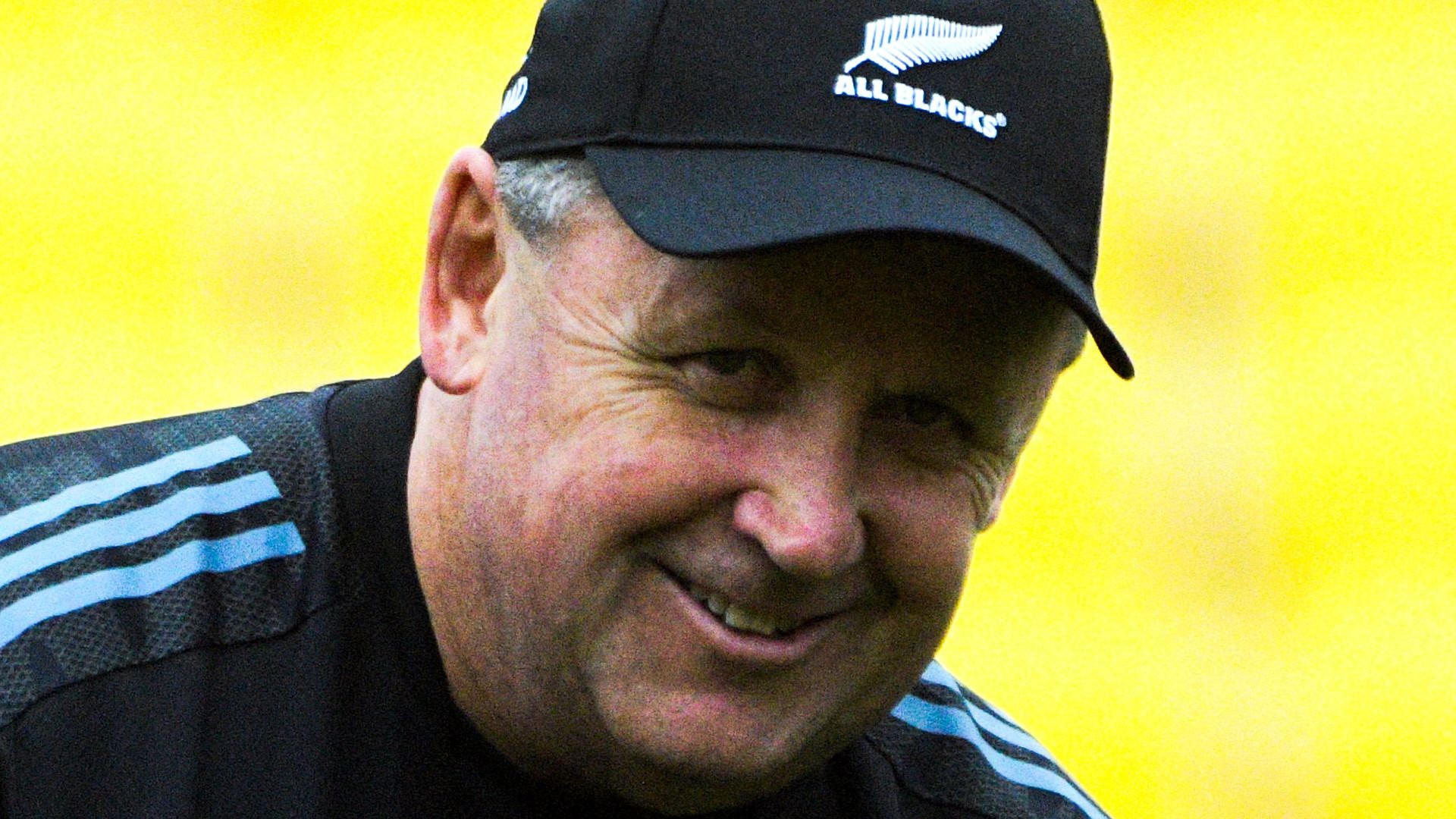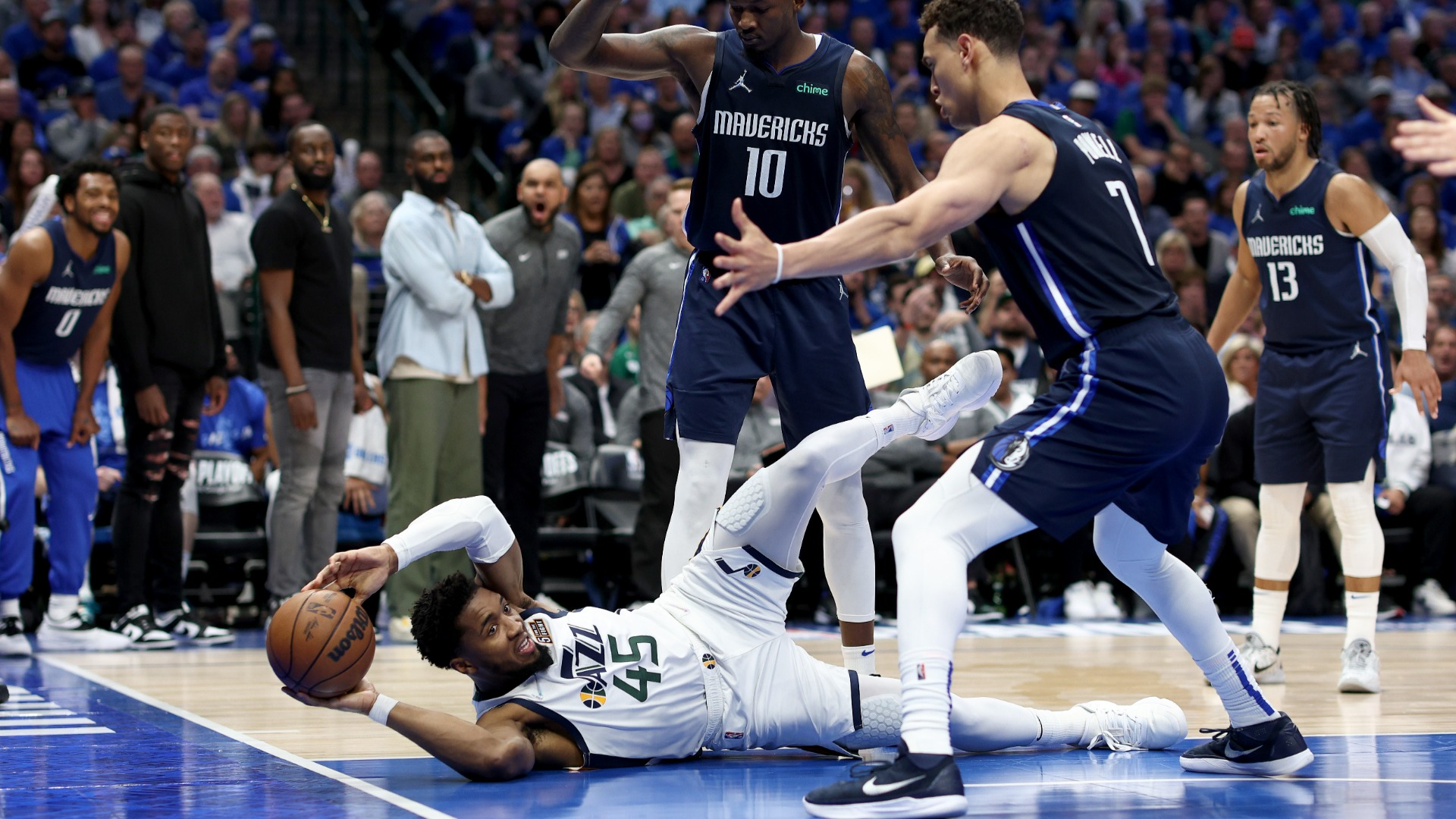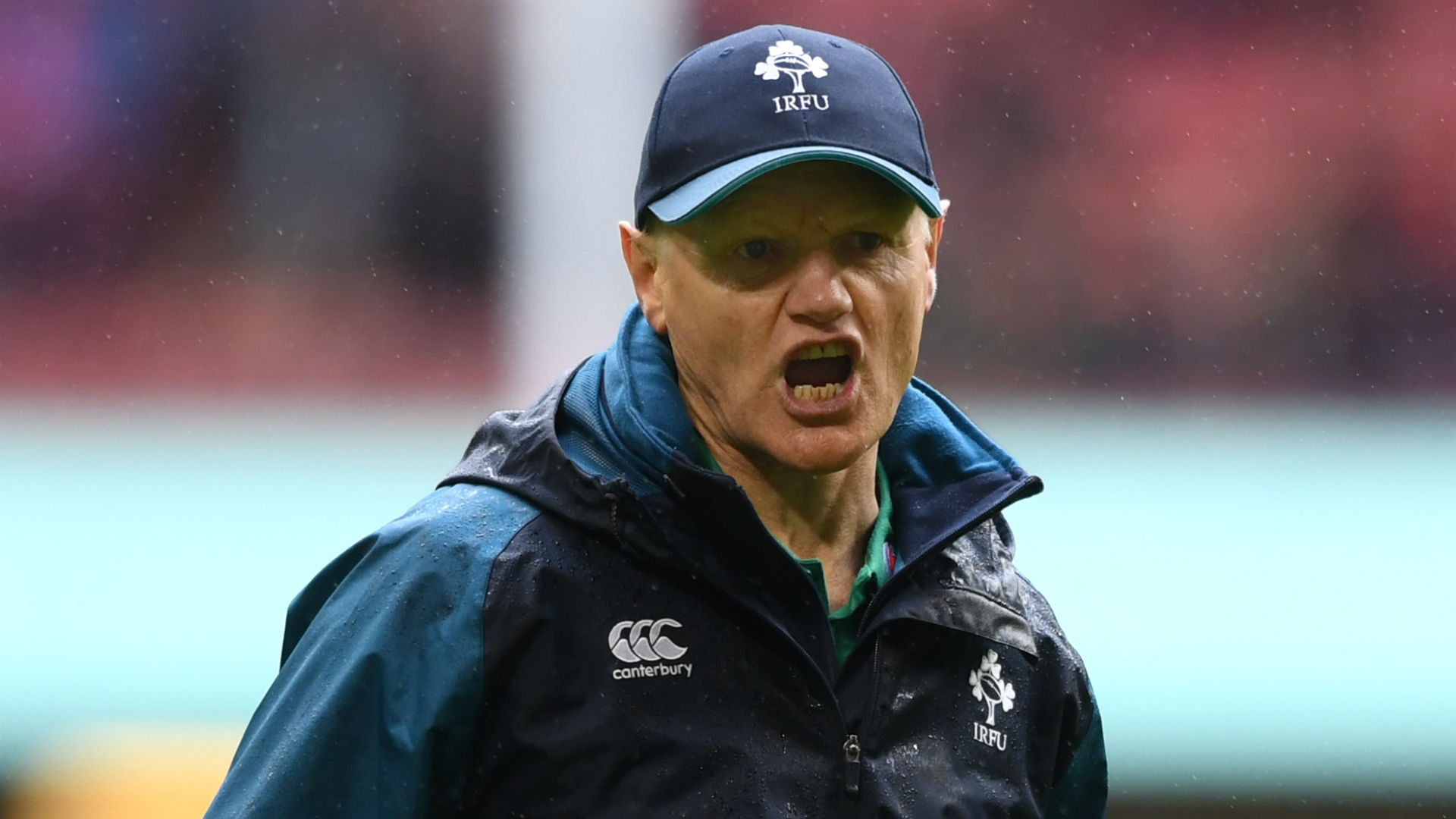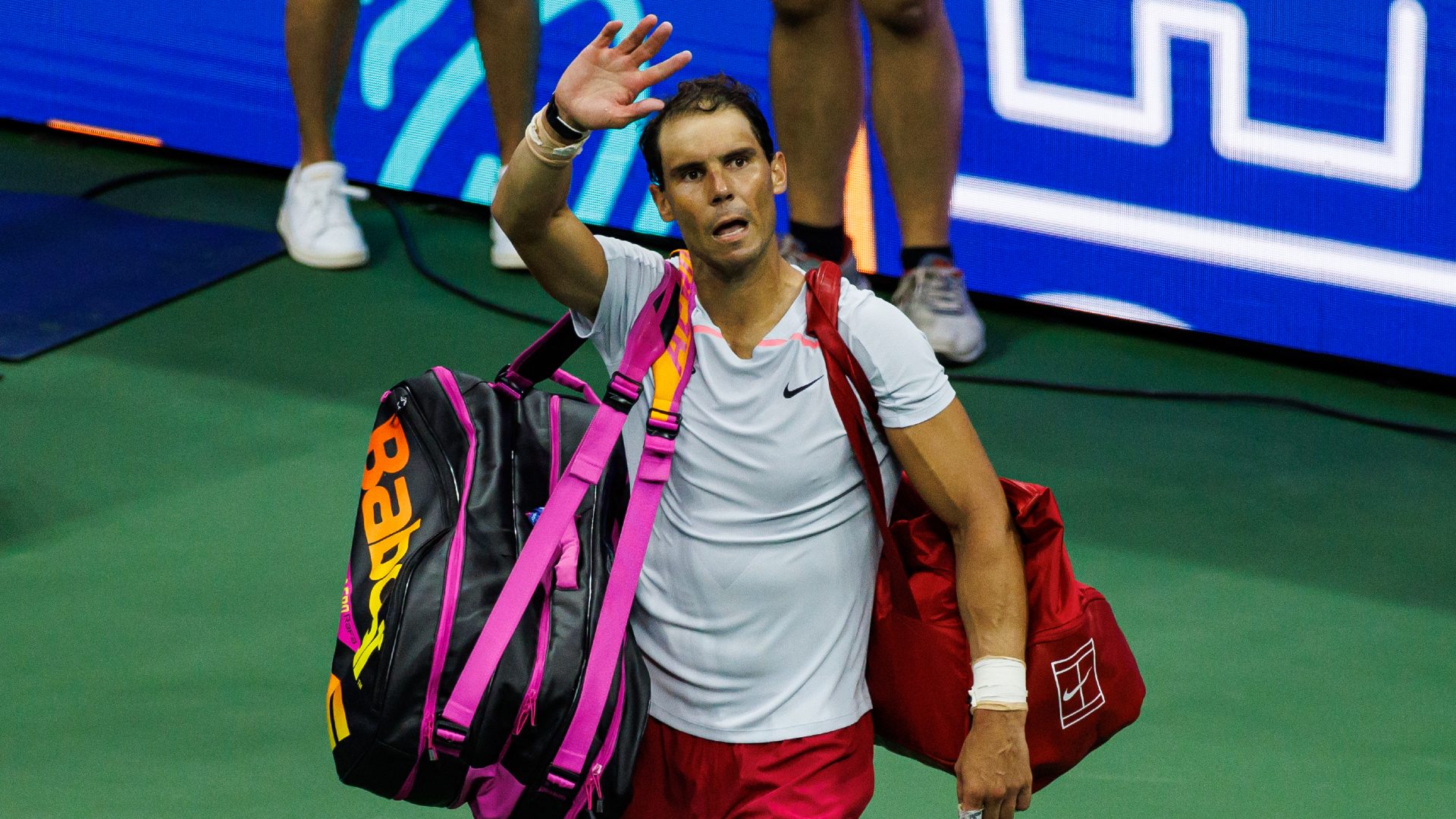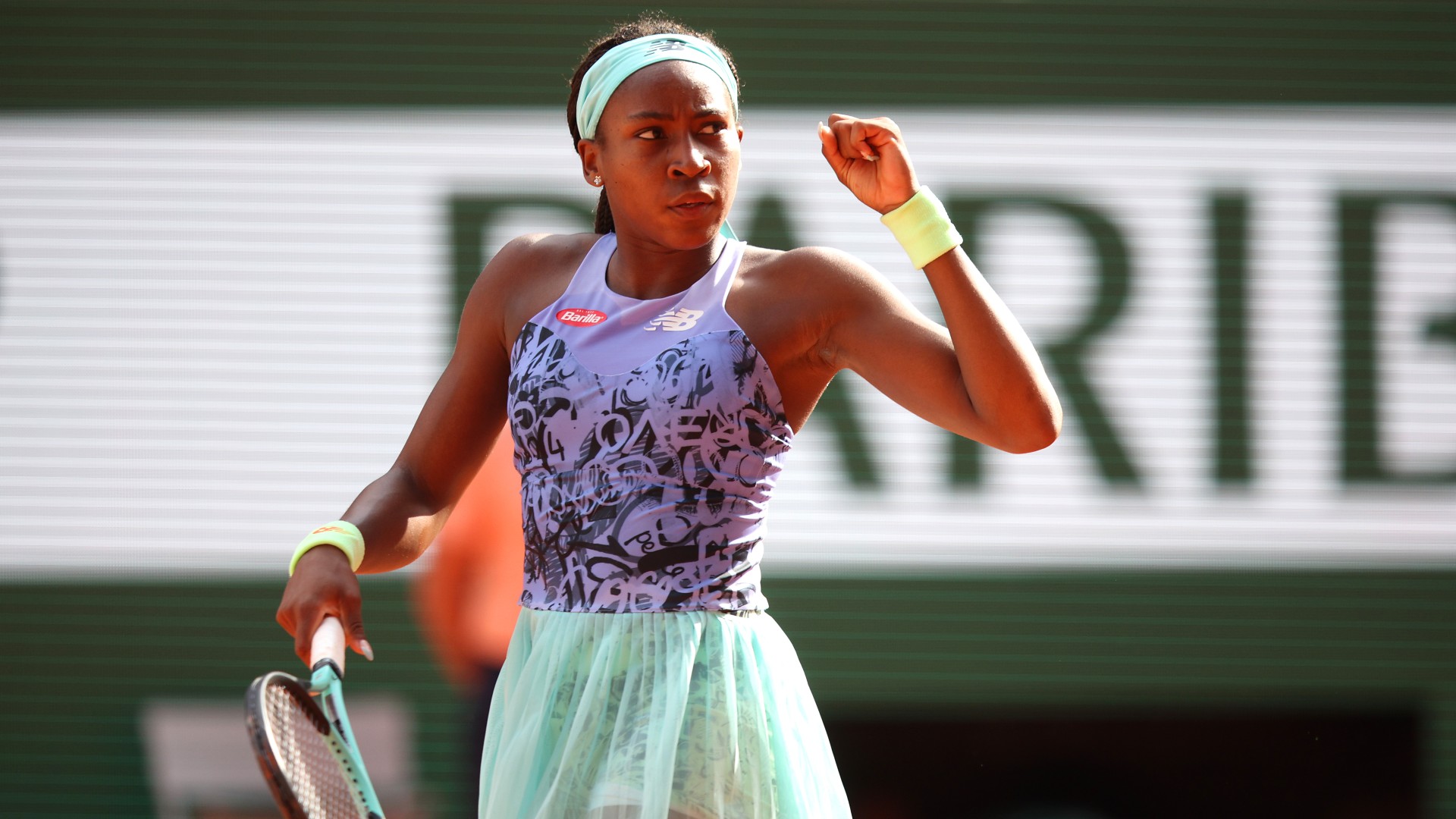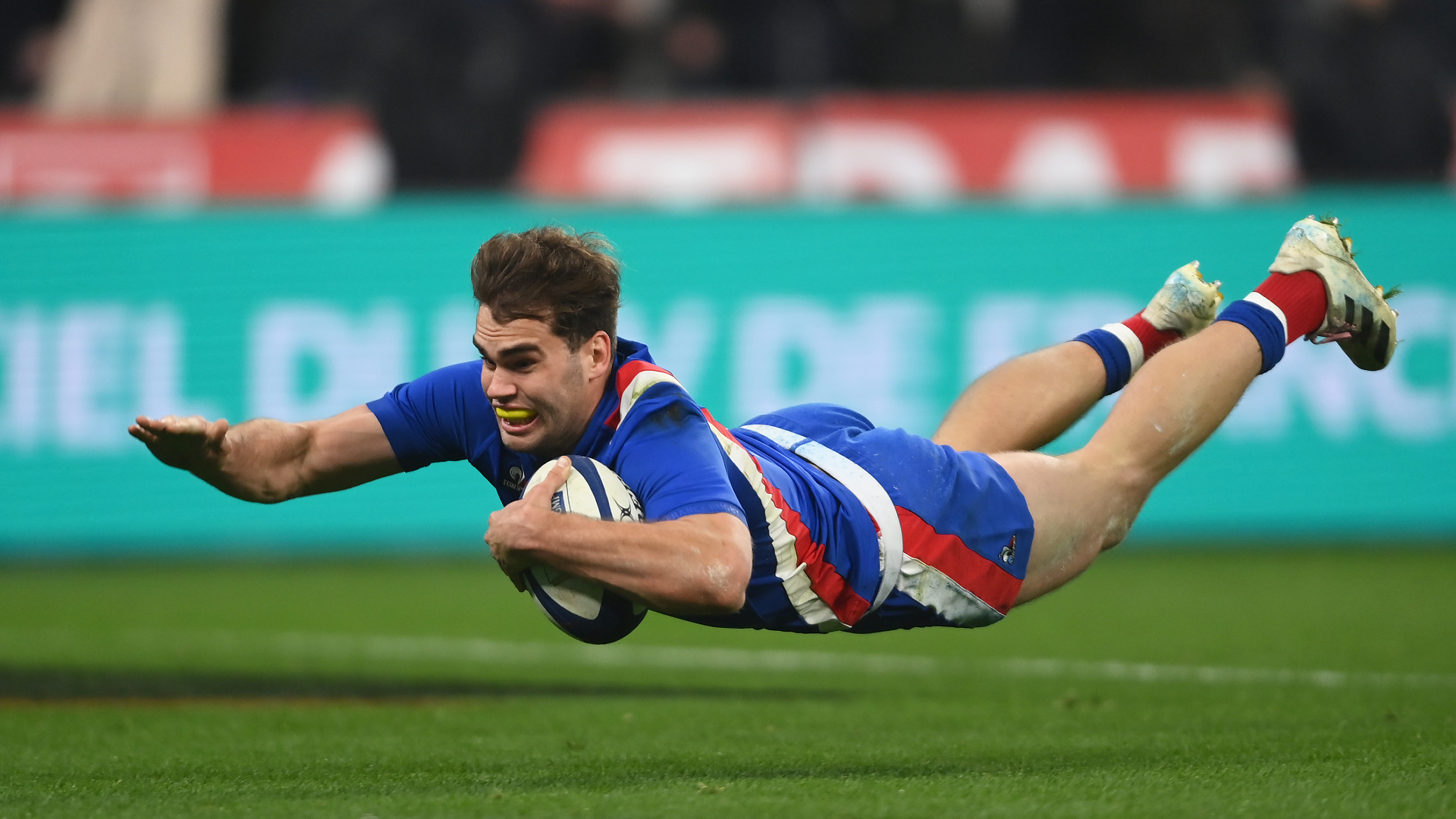
New Zealand were beaten for a second week in a row after losing 40-25 to France in an exhilarating final game of the Autumn Nations Series for both teams.
Fabien Galthie’s men matched the effort of Ireland, who beat the All Blacks last week 29-20 in Dublin, and once again the visitors did not have an answer to an intense showing against northern hemisphere opposition.
Three converted first-half tries at the Stade de France put the hosts in a commanding position at half-time, and despite a better second-half effort from New Zealand, they were unable to overcome a determined Les Bleus side.
France began with a bang by scoring their first try after just two minutes as a driving maul gave Peato Mauvaka the chance to place the ball down.
2 – New Zealand have lost twice in 2021 but haven’t suffered more defeats in a calendar year since 2009, when they lost once to France and 3 times to the Springboks; the last time they lost against 3 different nations in a year was in 2000 (Aus, SA and France). Rare.
Two penalties from Jordie Barrett brought New Zealand back to within one point before 10 minutes had even been played, but just two minutes later France had their second try.
Determined work from Romain Ntamack saw him burst through a wobbly All Blacks defence to cross the line, which Melvyn Jaminet converted with ease.
A French penalty made it 17-6 after 25 mins, before another try from Mauvaka followed. It was the 24-year-old’s fifth try in his last three games and meant that France led 24-6 at the break.
The 18-point deficit was the most New Zealand have ever trailed by in a Test, so it was no surprise to see them determined to fight back in the second half.
Barrett managed to work a try for New Zealand in the corner six minutes into the second half, though was unable to convert from out wide, but the comeback looked on four minutes later when Rieko Ioane raced down the right to score closer to the posts, which Barrett this time converted to cut the lead to six points.
Jaminet put another penalty through the posts shortly after to extend the French advantage, but a third All Blacks try from Ardie Savea, also converted by Barrett, brought the game to within two points with 20 minutes still to play.
The drama continued shortly after as Ntamack sensationally began a counter-attack after saving the ball from behind his own try line, leading to another French penalty – which Jaminet converted – and a yellow card for Savea.
France stretched the lead further with 12 minutes to go as a sloppy pass from David Havili was intercepted by Damian Penaud for a simple try under the posts, and a final Jaminet penalty with the final kick of the match to take his total to 20 points rounded off a famous win.
7 – Damian Penaud has scored seven tries for France in 2021, best tally for a player with Les Bleus in a calendar year since 2011 (Vincent Clerc, 9). Elusive.
France finally beat New Zealand on home soil
Les Bleus had lost their last 14 games against New Zealand – only against Wales had they lost more consecutive Tests (15 between 1908 and 1927), and this was their first home win against the All Blacks since November 2000.
The French were fully deserving of their win, with fewer bad passes (3-8) and handling errors (5-10).
All Blacks defence all over the place
New Zealand have now lost three games in 2021, and it is the first time they have lost to three different nations (South Africa, Ireland and France) in a calendar year since 2000 (Australia, South Africa and France).
They have conceded 69 points in their two defeats to Ireland and France, leaving their often devastating attack far too much to do at the other end.
